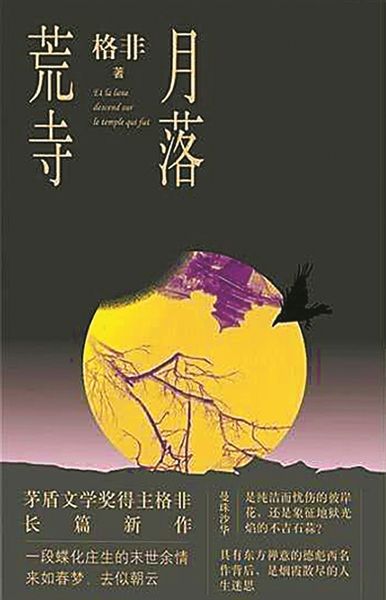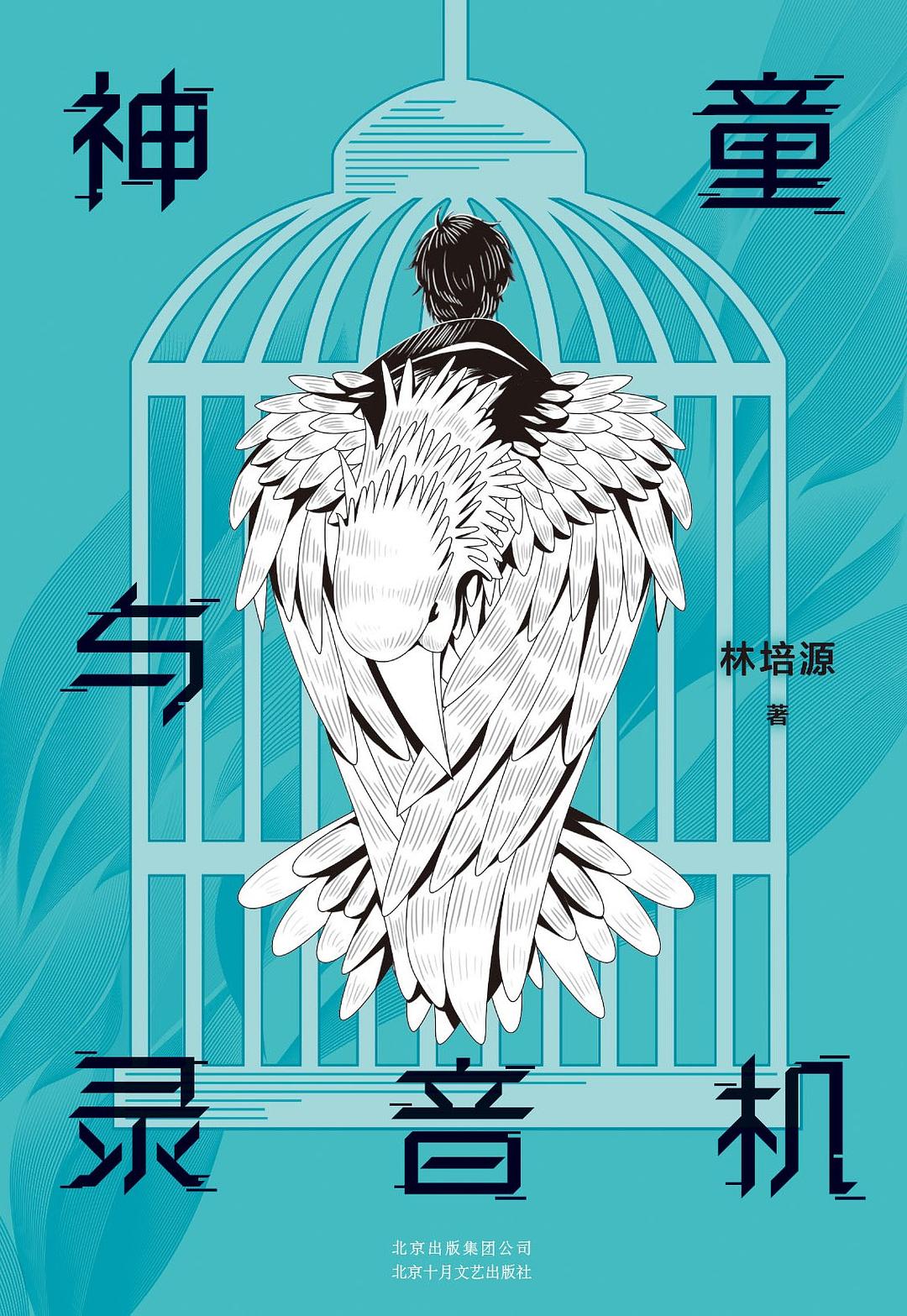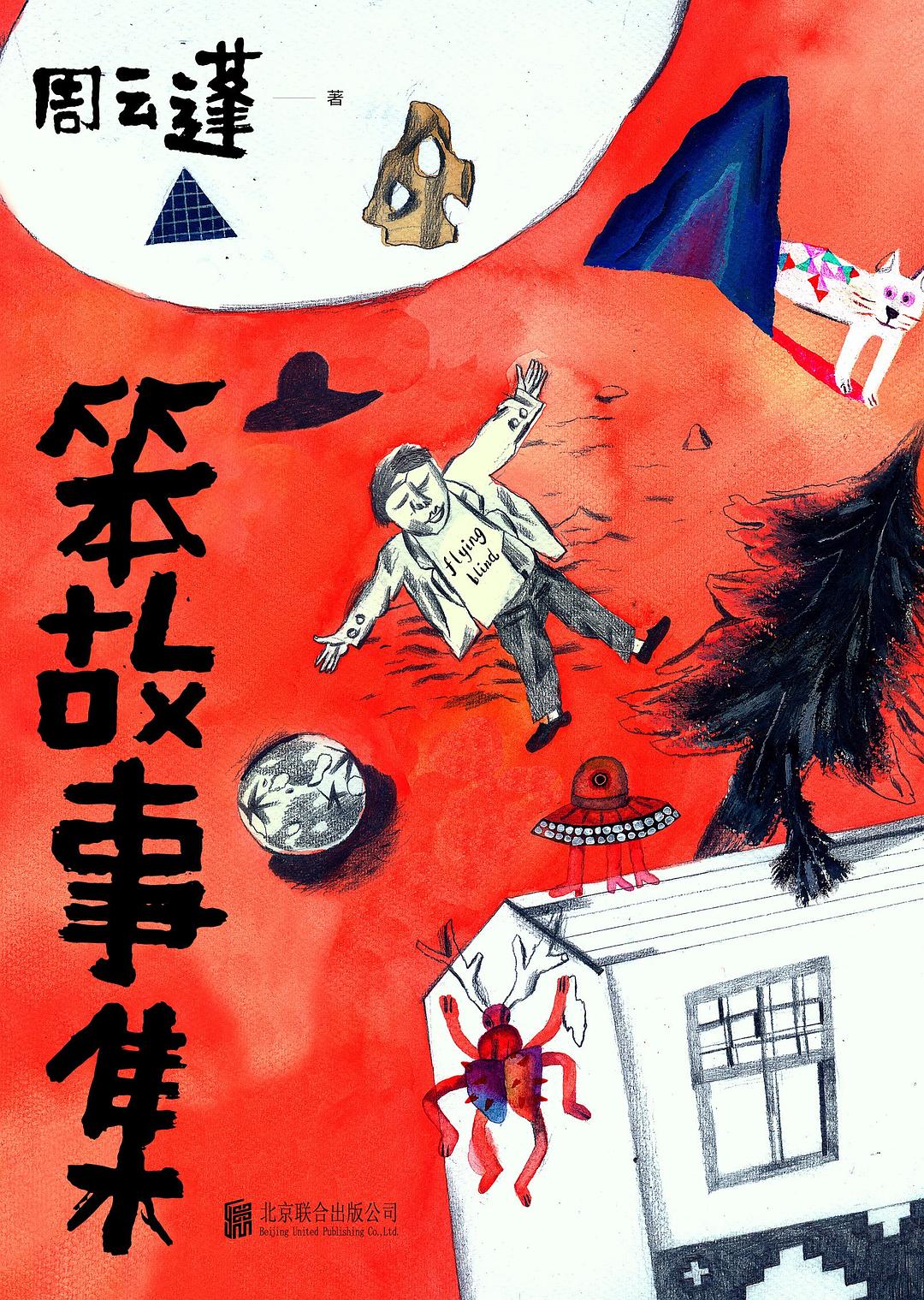Source: Paper Republic (12/21/19)
2019 Publications in Chinese
By David Haysom
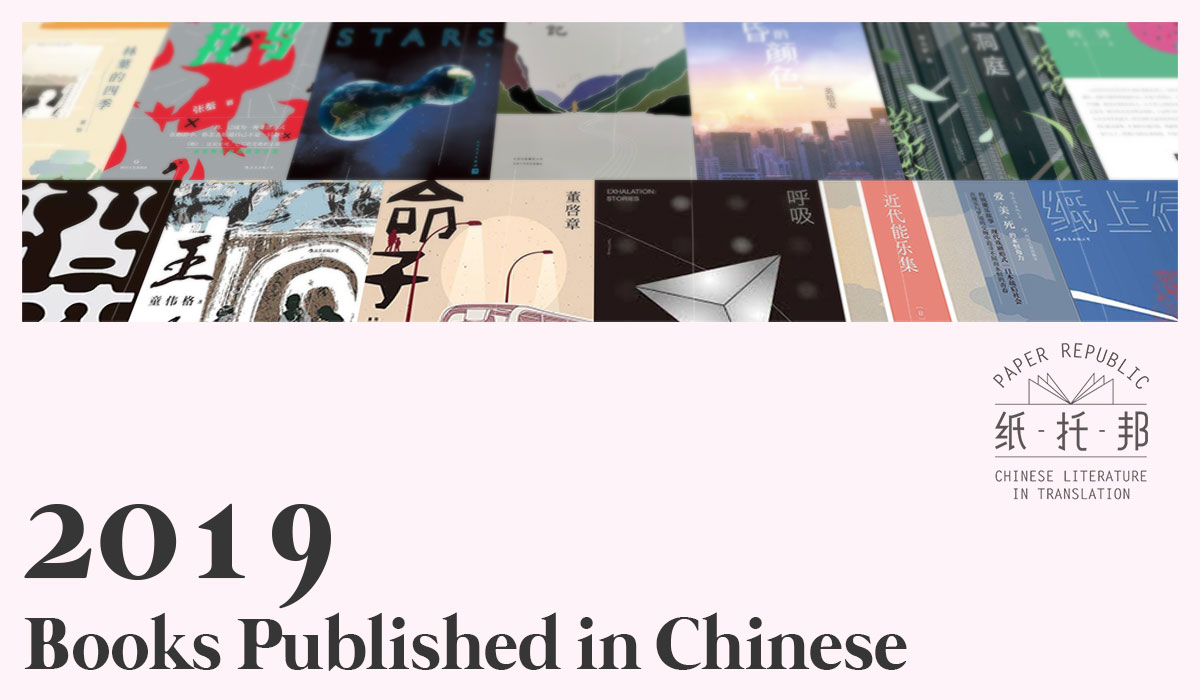
As the year comes to a close, we’ve asked authors, translators, editors, and other friends of Paper Republic to recommend notable books published in Chinese in 2019 – translations into Chinese as well as original works. The resultant lists gives an insight into the titles that have made an impression this year – and perhaps offers a preview of some of the books we can hope to see available in English soon!
==================================
I would like to recommend Moon Over the Abandoned Temple, the new novel by Ge Fei, professor at Tsinghua University, and the short story collection The Prodigy and the Tape Deck, by his acolyte Lin Peiyuan. In the past I have read many international works of fiction by the intelligentsia, and now the work coming out of academia in China is growing in force, as well as influence. The strength of academic authors lies in the quantity of literature to which they are exposed, in their constant introspection, and in active experimentation. This has been particularly evident in Ge Fei’s two most recent novels, Invisibility Cloak and Moon Over the Abandoned Temple.
I also recommend Stupid Stories by the blind singer Zhou Yunpeng. Or perhaps it is one story in particular that I am recommending: “Jingting Mountain”. It describes the pitiful plight of a blind character who is in thrall to those around him, but does not accuse or condemn them.
==============================
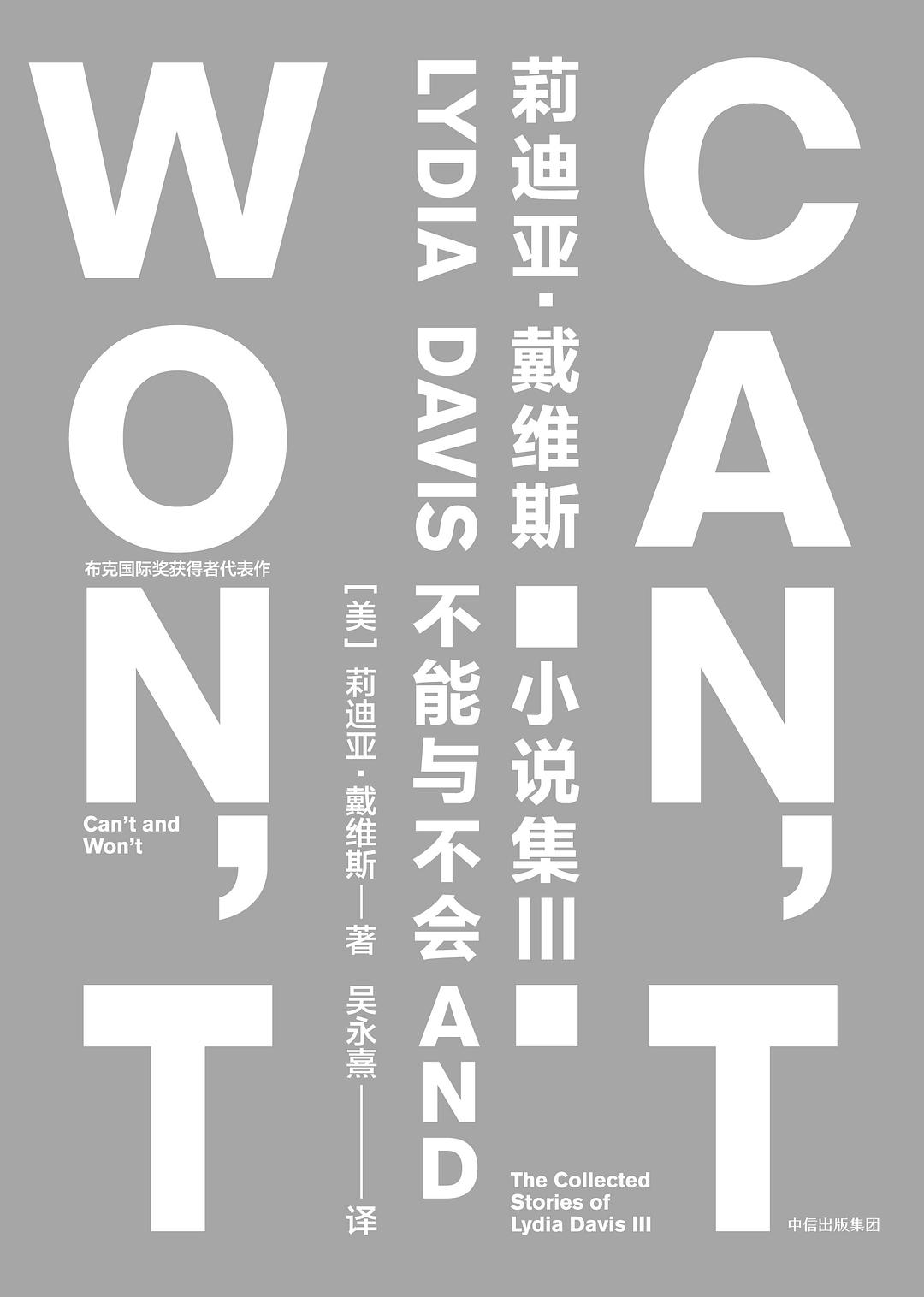
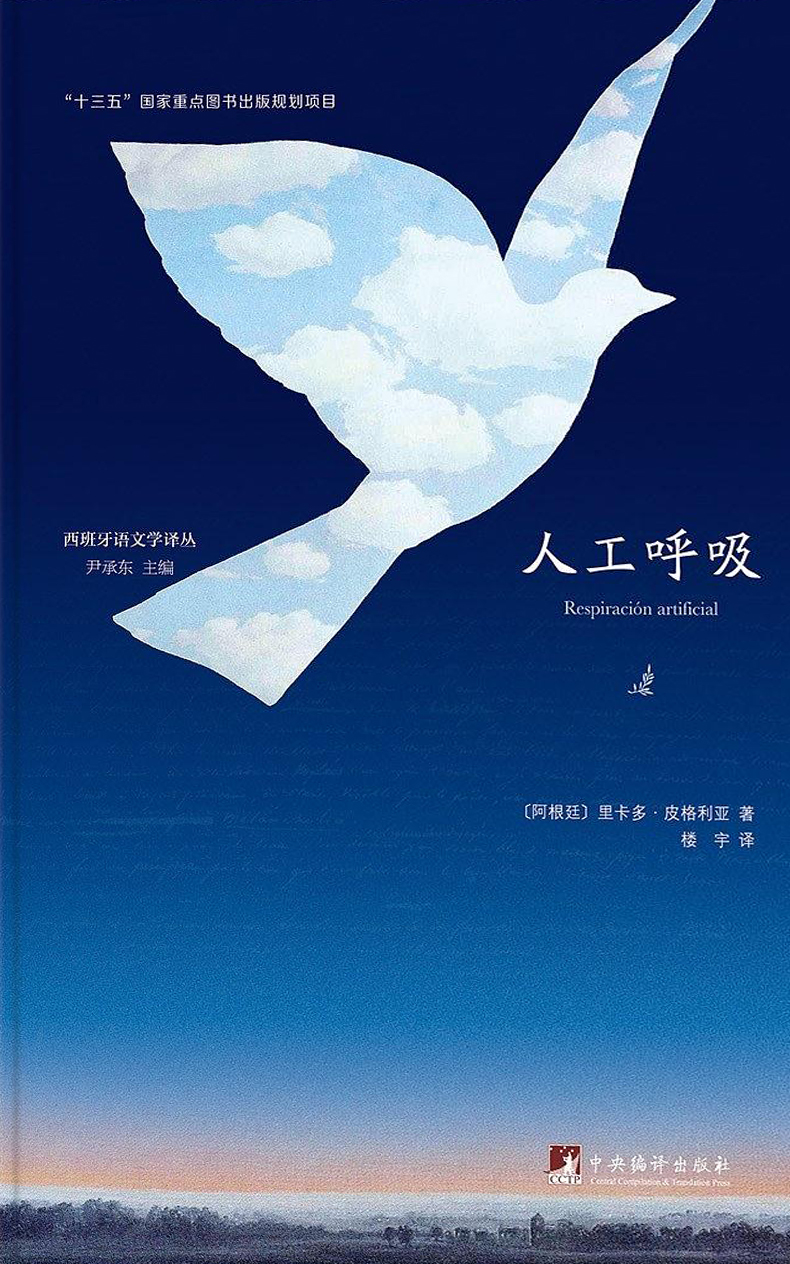
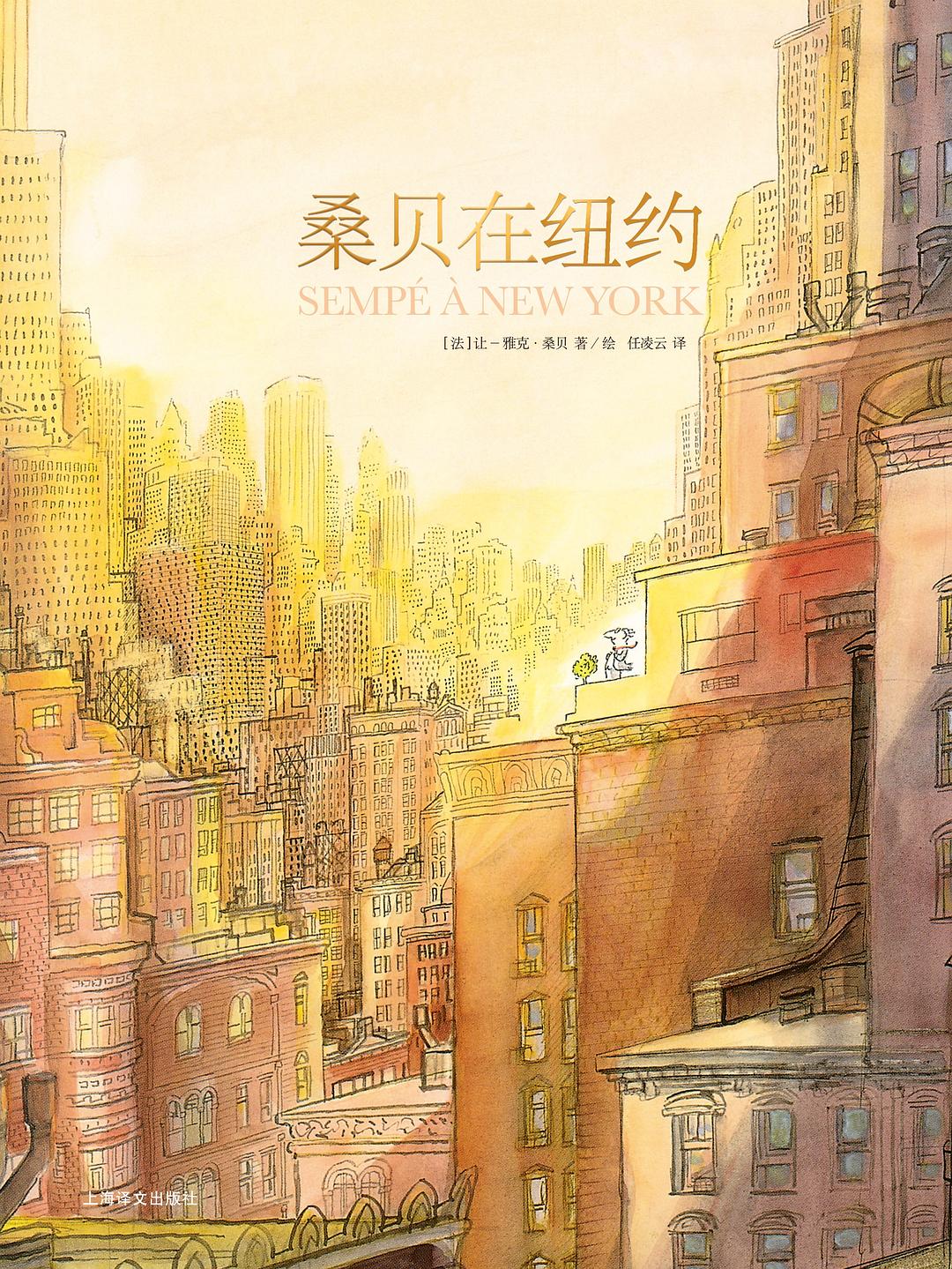
Lydia Davies teaches us to see the commonplace through different eyes. Her abilities verge on the supernatural: finding the details in ordinary life that astonish and bring penetrating, profound clarity to the everyday; translating subjective impressions into precise, succinct language; depicting manifold complicated human experience, whose mundanity belies their depth. She fuses her many different identities – reader, writer, translator, professor, editor, and more – and in short but richly diverse texts, expands the conception of the short story form, remaking the rules of writing.
To Ricardo Piglia, the boundary between life and fiction, writer and protagonist, is often blurred. Respiración Artificial shows how a writer should confront and interrogate history, whether the history of a family or a nation. It can be viewed as an detective novel of introspection, searching for meaning just like the quotation from T.S. Eliot’s Four Quartets: “We had the experience but missed the meaning, / And approach to the meaning restores the experience.”
There is more imagination than observation in the New York of Sempé’s illustrations. His doors and windows suggest angles of observation; he exaggerates scale to make the inhabitants of this vast city appear minuscule; he depicts momentous themes with the most delicate and precise brushstrokes; he pays attention to those adults who might turn into children again at any moment. Thus, with a sense of nostalgia that transcends time and with the cadences or jazz, Sempé finds a new and surprising New York.
=========================
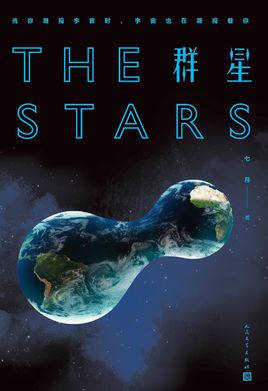
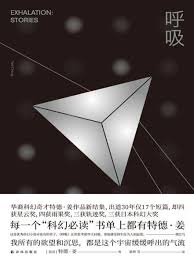
The Stars begins with a mysterious terrorist incident in Chengdu, which prompts a revelation of the truth of the universe in the Three Body style. Magnificent, terrifying, and full of technological speculation, it is an exemplar of China’s recent sci-fi golden age.
Exhalation is Ted Chiang’s latest collection, and it represents a different side of sci-fi – reserved and poetic, an endless probing into the world contained in grains of sand.
===========================
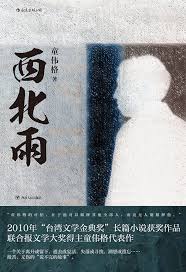
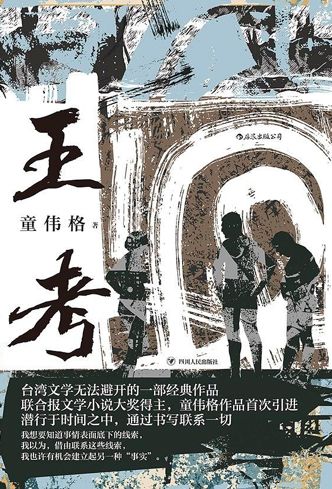
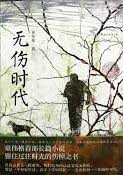
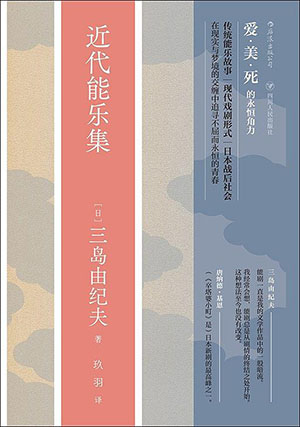
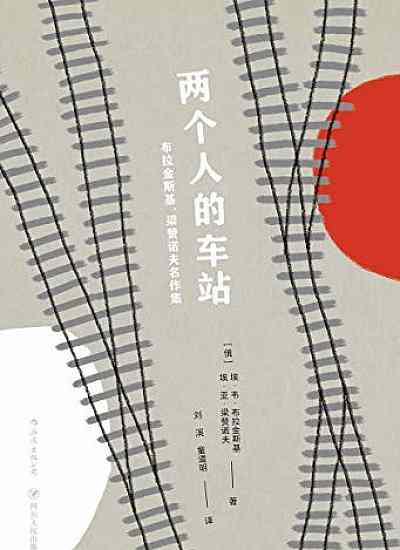
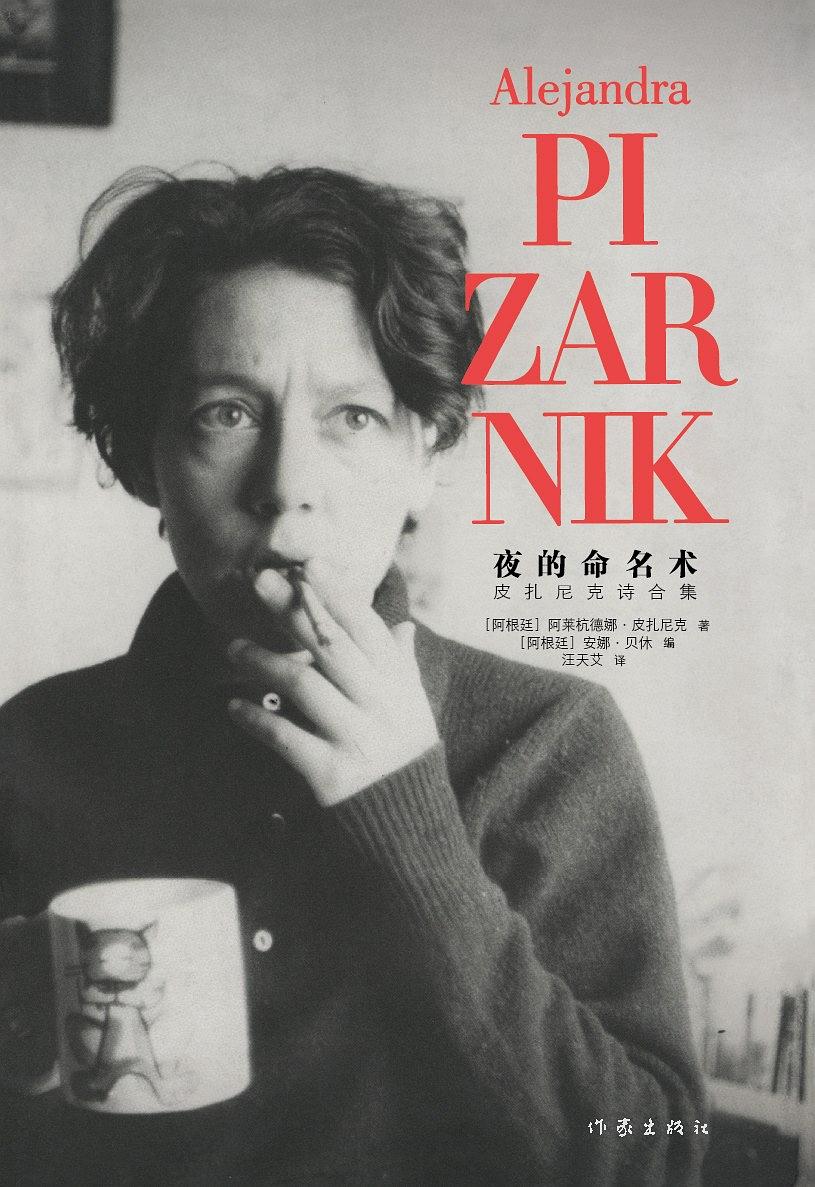
Tong Weiger’s fiction is finally available in a simplified-character edition, and all at once we get his short story collection My Late Father, as well as his novels The Unwounded Age and Summer Downpour. I am drawn to the scenes in his fiction that are tangled between the realms of dream and reality, and the befitting force of his style.
The dazzling success of Yukio Mishima’s fiction has caused his remarkable dramatic achievements to be overlooked. Chinese readers first got a chance to understand this side of his work in 1994, when the Writers Publishing House released a collection of his Noh and Kabuki plays under the title of A Wondrous Tale of the Moon (弓月奇谈). In 2019, Houlang Books have released Modern Noh Plays, a brand new translation by the young translator Jiu Yu. This is the Chinese-language theatre book I have gained the most from this year.
Station for Two collects some of the notable scripts and screenplays on which Braginsky and Ryazanov collaborated. The ridiculousness of the system, humour and satire, the self-mockery of the intelligentsia, incomprehensible absurdity and self-preservation – these are constantly revolving at the core of Ryazanov’s work, and they bring immediate gratification to the reader.
Night’s Art of Naming collects all the works of poetry that Alejandra Pizarnik published under her own name in her lifetime. Pizarnik is one of the most romantic, glamorous women in Spanish-language poetry, and this is the first time she has been fully represented in Chinese. This anthology aspires to go beyond the myth of the “cursed, suicidal poet”, and reveal the arduous labour involved: her poems were skyscrapers that she constructed with intelligence and patience, having cultivated a style and a vision that is resolutely critical and evades tradition thanks to a great quantity of reading.
============================
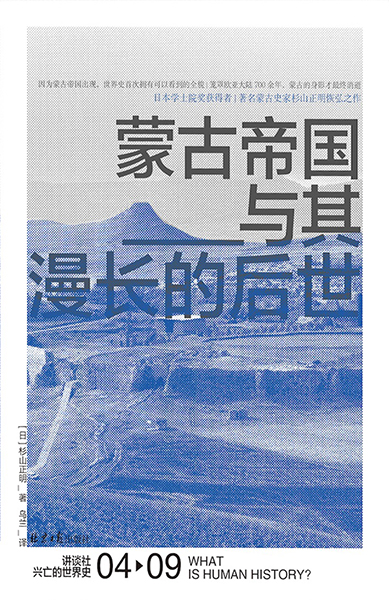
This Japanese historian has given me a new perspective from which to understand the Yuan dynasty and the former Mongolian Empire. The random coincidences of history he narrates offered me a distinctive reading experience. Perhaps there is not a definite explanation for everything, but what has happened can never be changed.
==============================
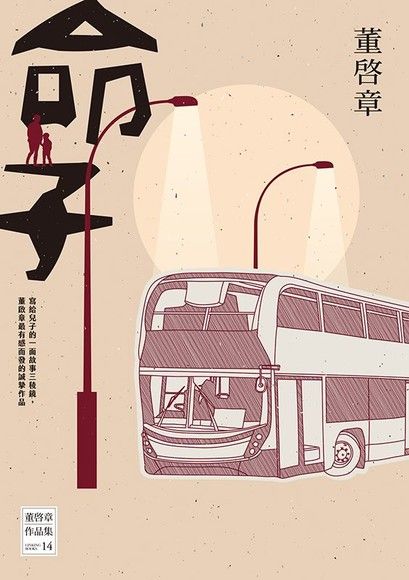
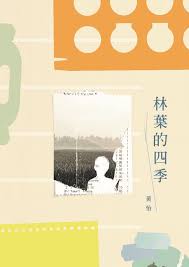
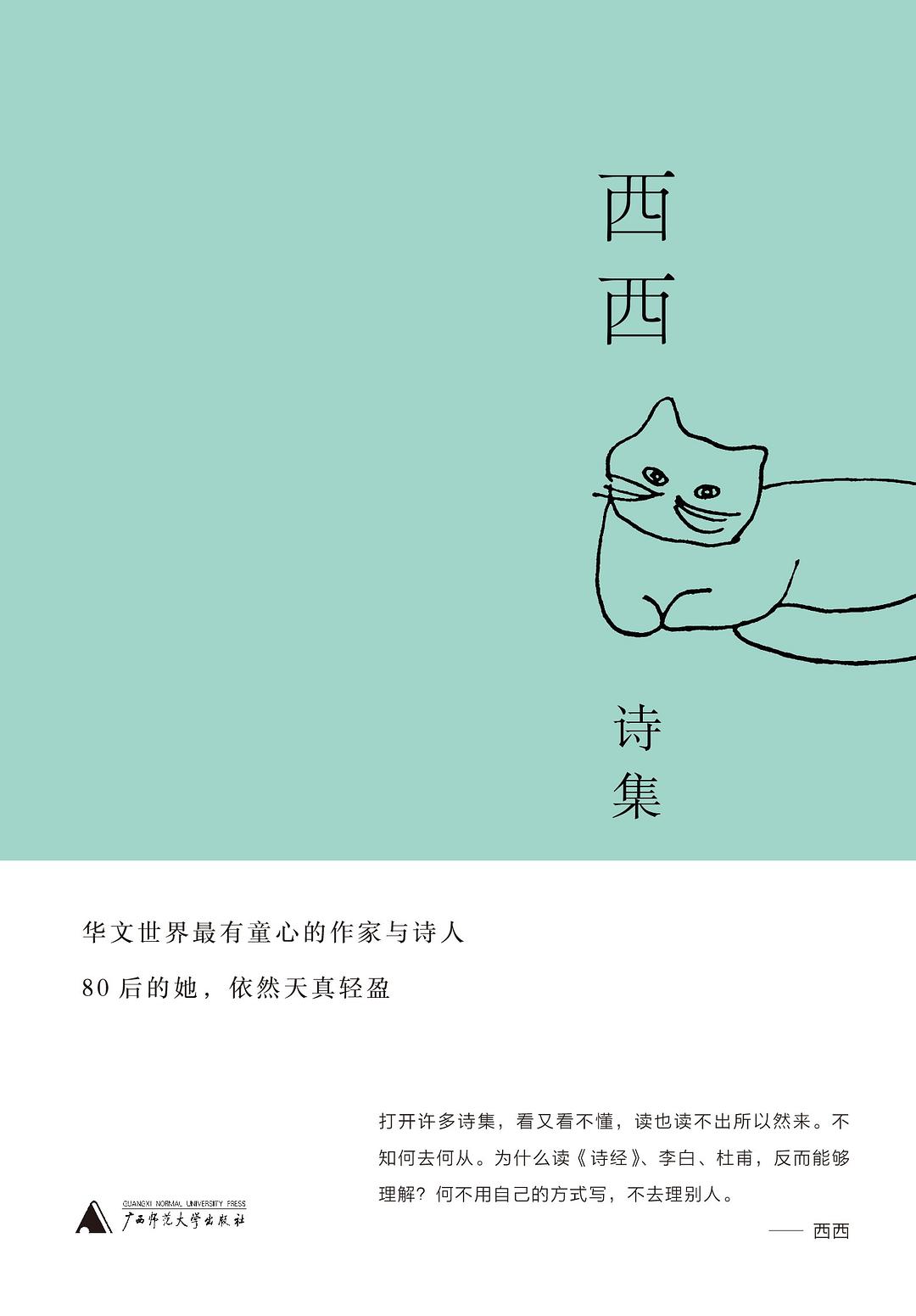
Borrowing its title from Tao Yuanming’s (365?–427) long poem to his son, this ambitious endeavor from multi-award-winning author Dung Kai Cheung poignantly probes the father-child relationship in three sections – each stands on its own, but together, the three form a cohesive, compelling narrative. The first part unfolds as a series of prose essays recounting often-humorous anecdotes that occurred during the childhood of Dung’s son Gwo, as well as reflections on the pains and joys of fatherhood. Inspired by a rumor that René Descartes was so forlorn at the early death of his daughter that he built a doll in her image and carried it everywhere, section two is presented as a fictional biography in which Descartes addresses an image of his late daughter, engaging with Descartes’s musings on souls and the human body as a machine. Structured as letters from Dung’s imaginary son Fa to his father (Dung), the third section melds fact and fiction, with the fictional Fa serving as a contrast to the real-life Gwo. Dung seamlessly weaves back and forth between fiction and nonfiction, blurring genre boundaries as he deftly fuses together real and imagined people and events.
In her third short story collection, Wong Yi, winner of the 2018 Hong Kong Arts Development Award for Young Artist (Literary Arts), uses the perspective of a ten-year-old boy named Lam Yip to explore various issues related to urbanization in Hong Kong, including urban renewal, the obsession with cleanliness, and conflicts with nature. Wong Yi’s charming protagonist views the city through a defamiliarized lens, mistaking the numerous real estate offices that have sprung up in his neighborhood as “number shops” where adults come to solve complicated math equations, or the squid that hangs in the window of a nearby restaurant as an alien. In Lam Yip’s delightful world, walking down the street is as thrilling as attending a carnival: quotidian acts such as wrapping produce in plastic wrap or sealing lids on glasses of bubble tea are transformed into marvelous performances, and the pineapple buns from the corner bakery taste just like a circus. Each story radiates a child-like wonder that renders the mundane extraordinary, calling to mind Xi Xi’s novel My City.
Originally published in Hong Kong in 2000, this volume represents four decades of poems written by one of the territory’s most beloved and prolific authors, Xi Xi. Xi Xi’s poetry has received increasing international recognition in the past years; perhaps most notably, in March, she was awarded the Newman Prize for Chinese Literature (Poetry), and in November, the Cikada Prize for East Asian Poetry. These poems encourage readers to stop and pay attention to the smallest of things and reexamine the world with a curious mind and fresh set of eyes – as Professor Jonathan Stalling remarked during the Newman Prize Festival, Xi Xi’s poetry is “the antidote to soundbite culture.” This book marks the first publication of her poetry in mainland China. In addition to the conversion from traditional to simplified characters, the mainland version of this book diverges from the original Hong Kong edition in two important respects. The first is an addition – the mainland edition contains useful annotations explaining potentially unfamiliar names, terms, and phrases. The second is a subtraction – four poems have been omitted from this new edition: “June,” “Driving through Palestinian Refugee Camps,” “Children among the Ruins,” and “Lebanon.”
==================================
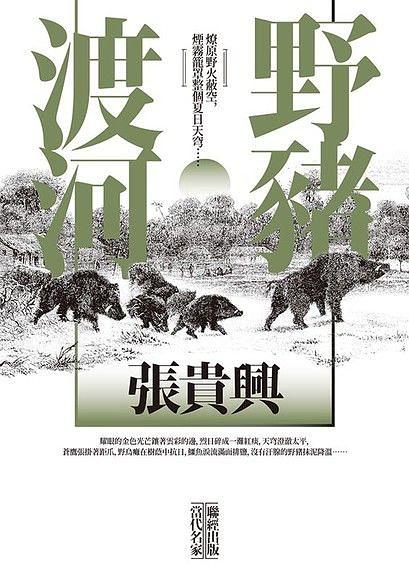
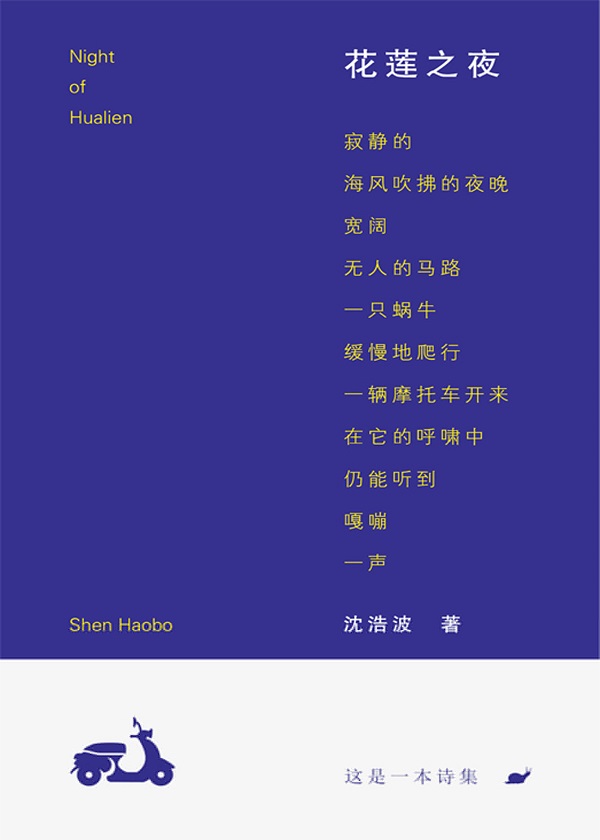
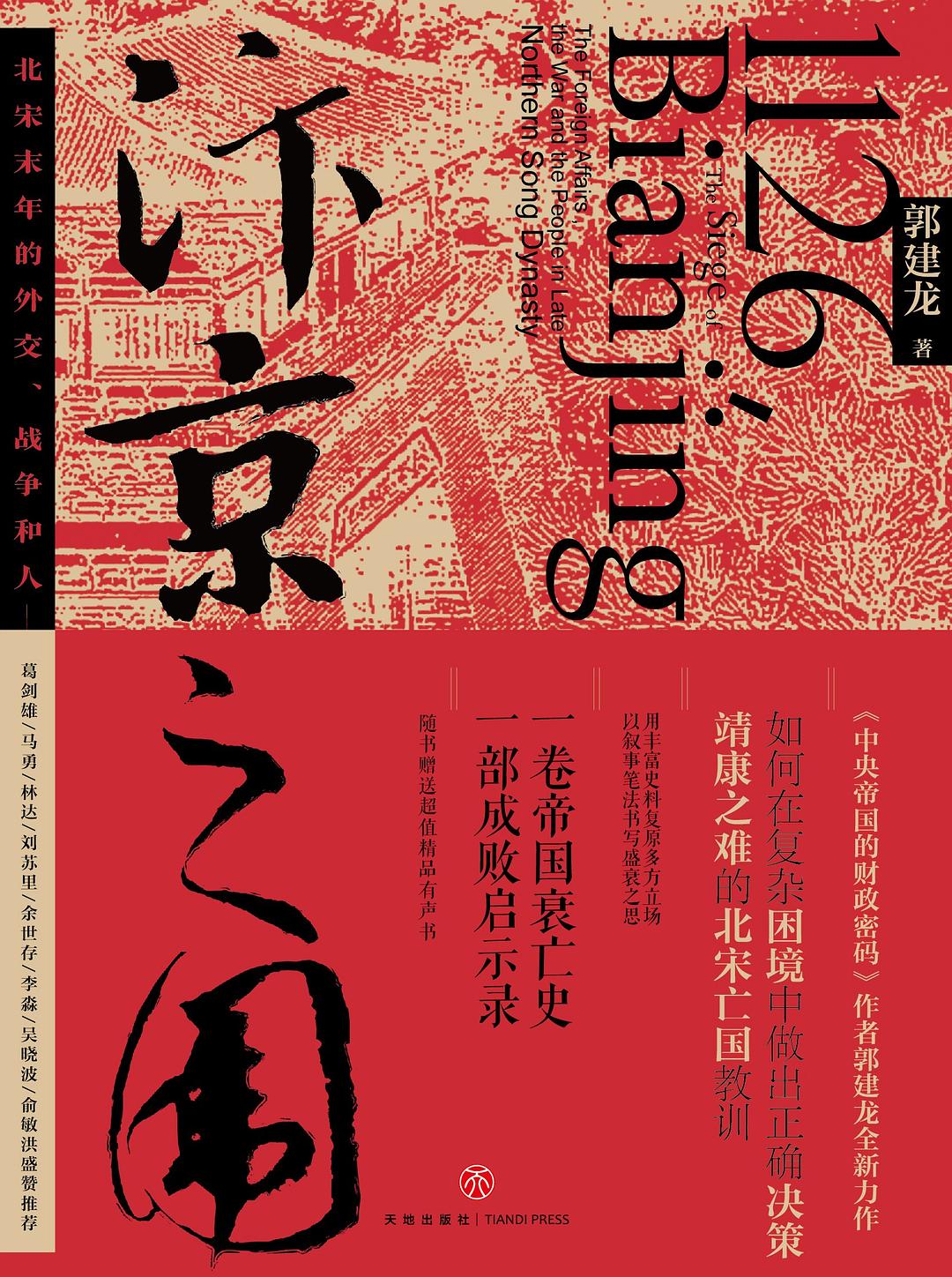
I understand the topic of “Books in Chinese” to mean books originally written in Chinese. Translations from English, no matter how good, still belong to English Literature. Regrettably, I have read very few recent works of Chinese fiction. It strikes me that they have now become a category of genre fiction: all dilapidated towns, hoarse-voiced youth, feigned malice, meaningless nihility – almost a footnote to a Jia Zhangke movie. The most refreshing work of Sinophone fiction I read last year was Boar Ford by Chang Kuei-hsin, a Malaysian author who now lives in Taiwan. In the tropical rainforest of Sarawak on Borneo, “the heavens are cruel, and all living things are their straw dogs”. Layered, finely-textured descriptions of carnage, in a strange and magnificent style – a rare accomplishment in Sinophone literature. I am yet to hear any mainland authors or critics mention the name of Chang Kuei-hsin – perhaps our literary circles are too limited.
This is a thick collection of poetry from Shen Haobo, and the highlight is the final long poem, “Journey to a Dirge and a Poem of Reminiscence”. About love, death, time, it is the best love poem and the best elegy I have read in recent years.
The Siege of Bianjing is a regular history book, not a historical novel or a work of historical research. Its strengths are the fine-grained quality of the writing and the smoothness of the style. The Jingkang Incident is a significant event in the history of China, a war that marked the end of the nation’s most prosperous and elegant era to date. There is one truth that this book elucidates: there are no bounds to the stupidity of the rulers, the kings and ministers who control the fate of the nation and the masses. Stupidity is the essence of politics.
================================
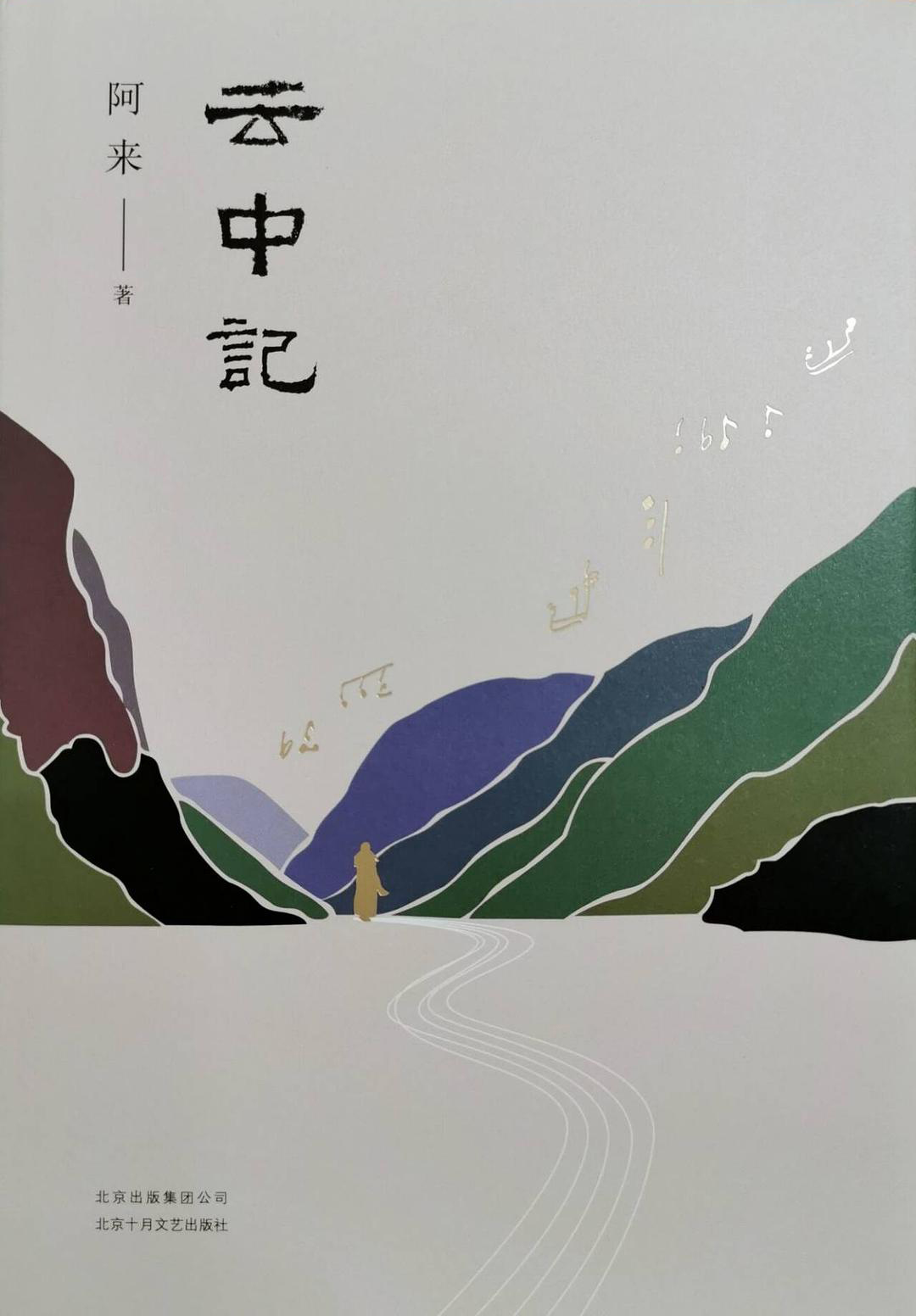
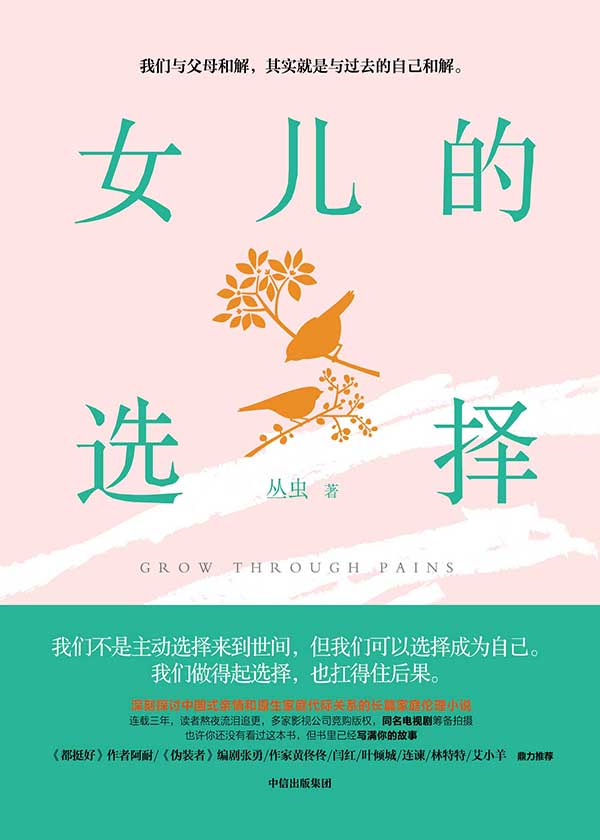
The past year has marked an undeniable turning point for us as a human race as we are finally starting to come to terms with the fact that nature rules this planet. Alai’s latest book, In the Cloud marks the tragic 2008 earthquake and is a strong reminder of how quickly and unpredictably our world could change, while also questioning spiritual beliefs that can often make us feel safe in the face of the unknown.
Besides climate change, the past year can, and should be, defined by women. Fifty per cent of the population is standing up and taking their place in history, speaking up and sharing their perspectives. The internet sensation Grow Through Pains is a story about just that. It is a narrative about mothers and daughters, the difficulty of navigating womanhood and the struggle of the shifting power that comes with age. Foremost, it is a book about compassion and understanding, and even if the lessons in it are not universal, it is worth a read.
=============================
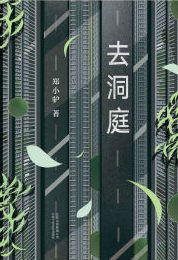
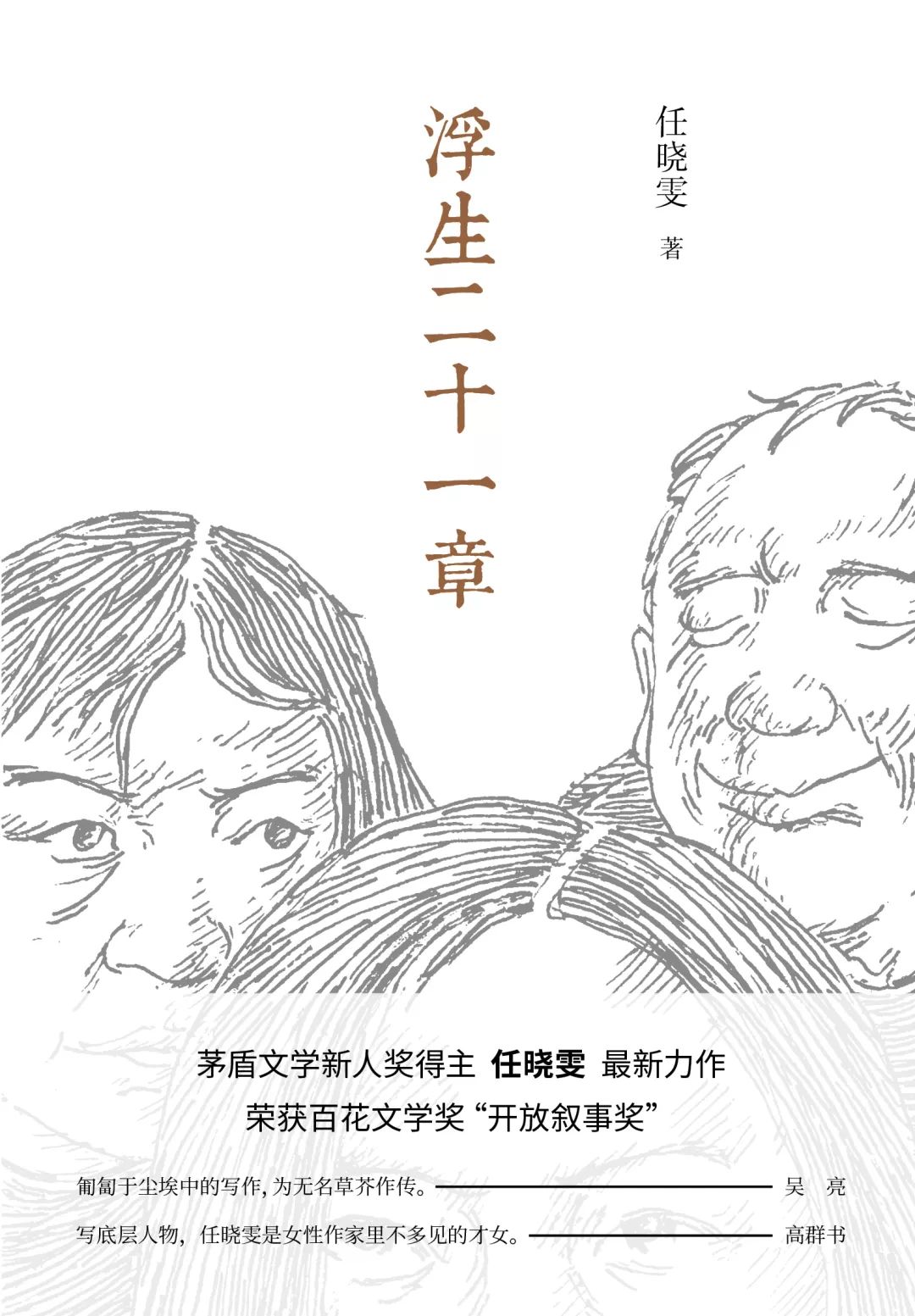
A story of love, betrayal and revenge, and an accident that connects a group of desperate people on the road to Dongting Lake. A thriller of sorts, and a novel about relationships and social class, written by one of the more interesting young writers in China today. What’s not to like?
With novels like They (她们), That’s Just the Way Life Is (生活,如此而已) and The Good Woman Song Meiyong (好人宋没用), Ren Xiaowen has already proved that she’s an expert at depicting the lives of ordinary people. Her new book, Twenty-One Chapters from a Floating Life, is a collection of short stories, each telling the story of a very ordinary but at the same time quite unique person’s life. A glimpse of everyday China in beautiful prose.
=======================
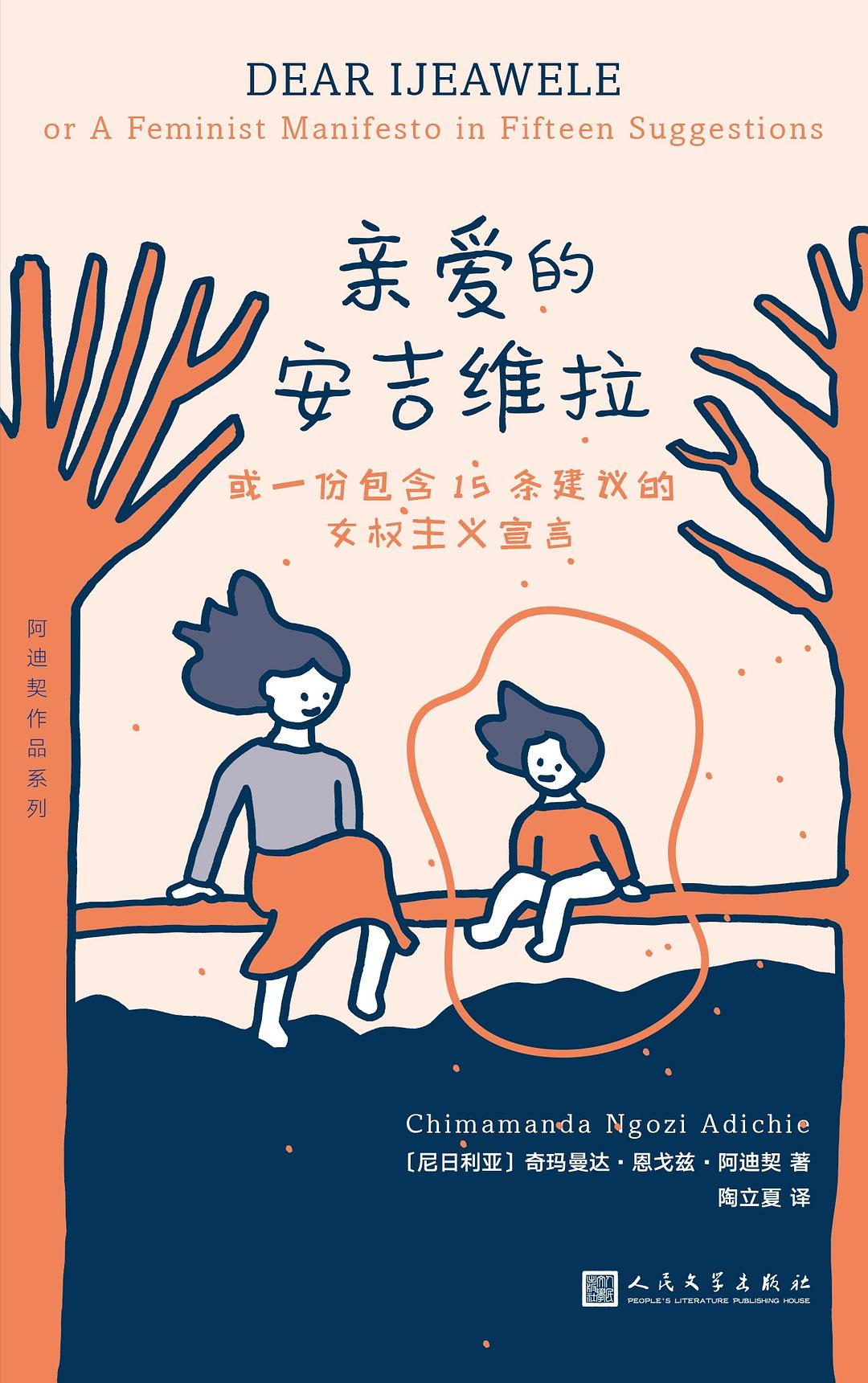
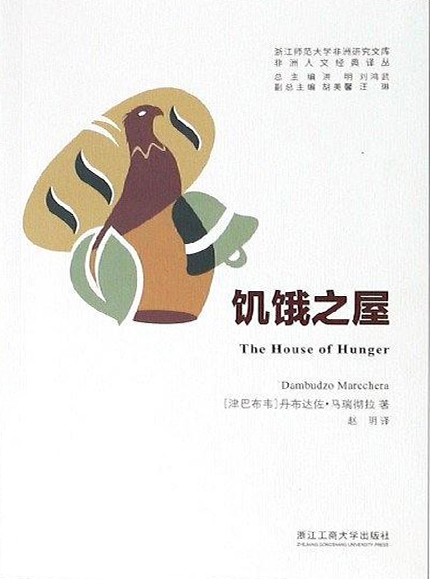
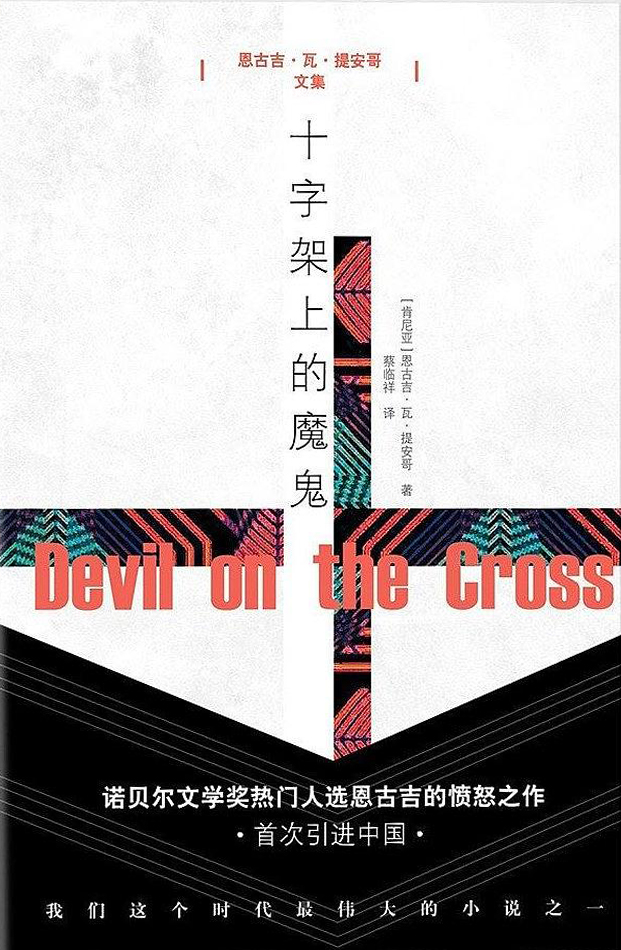
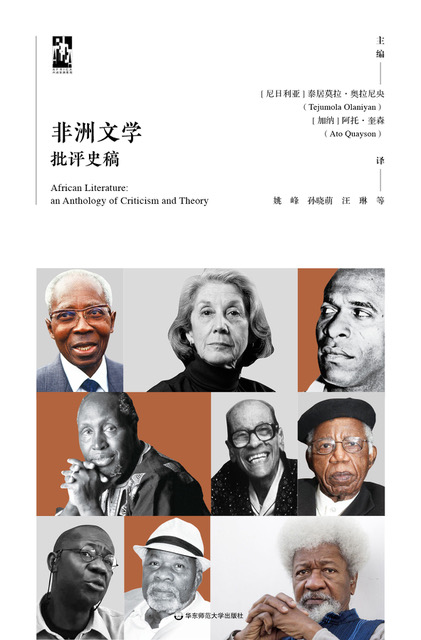
Is African literature at last beginning to register on China’s import radar, up to now dominated by fossil fuels, precious minerals and smuggled ivory tusks? Could be. Some 25 books by African writers, mainly novels, were translated and published in the PRC during 2018-19, according to the bilingual database, African Writing in Chinese Translation (非洲文学:中文译本). The following all debuted in 2019:
The latest of this Nigerian novelist’s six works to be published in the PRC, it makes her one of just a handful of sub-Saharan writers, along with Chinua Achebe and Wole Soyinka, to have more than two books appear in Chinese. Her popular Ted Talk, Danger of a Single Story, has also been sub-titled in Chinese (单一故事的危险性).
A collection of short stories by the controversial “bad-boy” of the Zimbabwean literary scene – expelled by Oxford University, among other peccadillos – who grew up in colonial Rhodesia and died at just 35. The collection won the 1979 Guardian Fiction Prize.
Written in Gikuyu and translated into English by Ngũgĩ himself in 1980, the novel is a powerful fictional critique of capitalism set in Kenya that had a profound influence on post-colonial African literature. It appears that the author, one of the first black African writers to be translated into Chinese back in the ’80s, has recently been “rediscovered.” His Secret Lives, and Other Stories(隐居) was published in Chinese in 2018.
At more than 1,000 pages, the late-2019 publication of this treasure house of authoritative critical works – featuring 100-plus essays – hopefully signals renewed interest in African writing among Chinese intellectuals and academics that flagged after an initial wave of translated fiction and socialism-inspired writing in the ’80s.
===============================
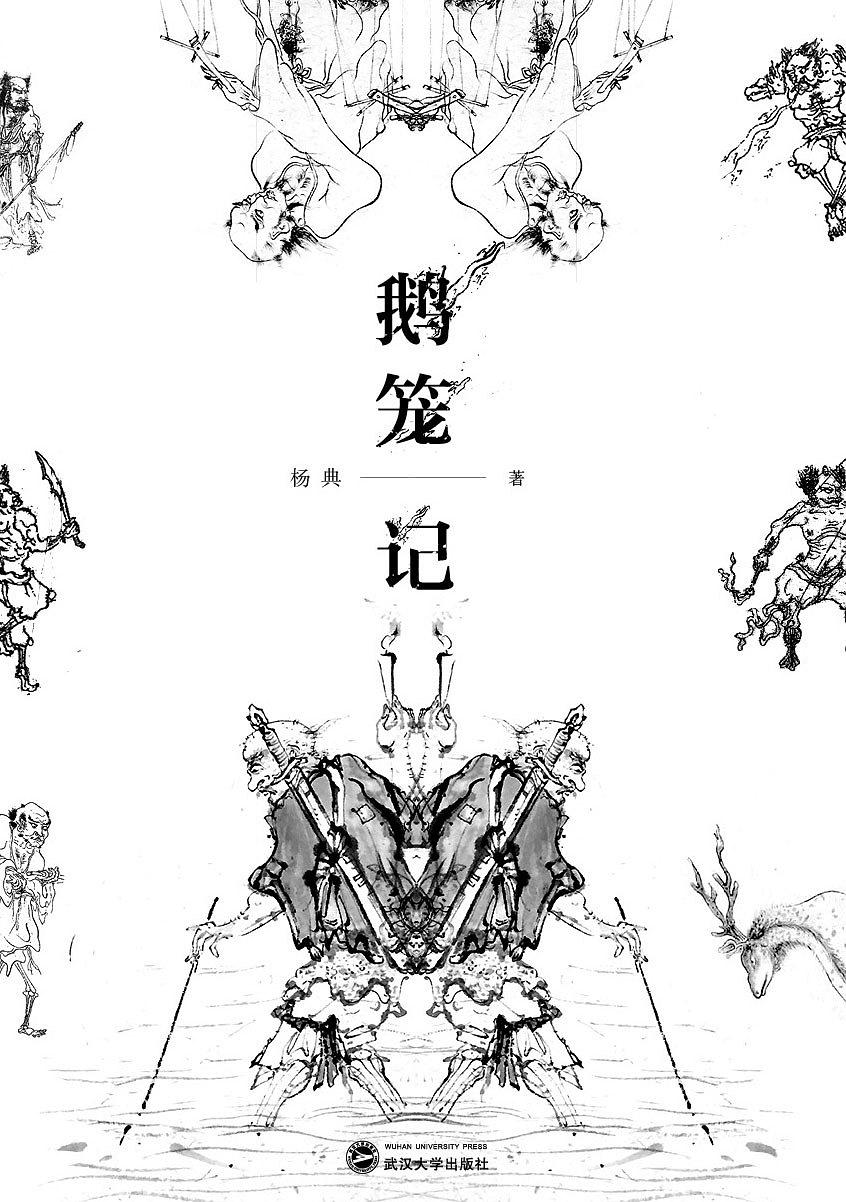
My two big discoveries this year were novels by 曹征路 Cao Zhenglu and 邱华栋 Qiu Huadong – both completely ineligible for this list, published a decade and two decades ago respectively. But how about this: Yang Dian’s story collection, Notes from the Goose Cage. I was introduced to Yang Dian after seeing him in an on-stage conversation with translator Jack Hargreaves in Beijing. The collection’s title is taken from “The Scholar from Yangxian,” a premodern postmodern fairy story about a scholar who shrinks himself to be carried in a traveling merchant’s goose cage, spits out a woman to keep herself company, who spits out a man to keep herself company, who spits out a woman to keep himself company, and then they are each swallowed back up again… Yang’s latest collection lives up to his reputation for spare, spooky, existentialist stories that have much in common with traditional modes while also being fully engaged with contemporary culture and history.
===========================
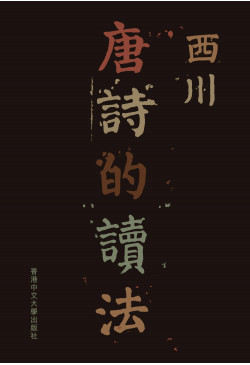
The only book on my list of notable books in Chinese for 2019 came out in 2018—but it came out at the end of 2018, and we didn’t do a list of notable books for 2018, so hopefully it’s okay to sneak it in.
Xi Chuan’s Reading Tang Poetry presents a radical contextualization of poetry in the Tang dynasty – not only to elucidate the poetry for its own sake, but, as he writes (even before the table of contents), to “offer a writer’s perspective on a number of problems the poetry of that era poses for contemporary readers, in the hopes that it will also be relevant to the reading and writing of contemporary poetry”. For Xi Chuan, China’s literary heritage is a cultural burden, and the stakes of reading Tang poetry – and of Reading Tang Poetry – are of such a nation’s attempts to come to a proper and fruitful relationship with its cultural burden: “The past / present problem is a longstanding one for Chinese politics and culture, and in the modern era it has constructed the framework in which we lives our lives, alongside the East / West problem”.
“The question of which attitude to adopt when reading the literature of antiquity,” he writes, “is something we have to face whether we like it or not: do we exalt the ancients, or do we do we read them while doing our utmost to place ourselves in the past? These two attitudes will result in two very different readings, leading to very different discoveries”. For Xi Chuan, the answer is not to “exalt the ancients … to treat them as if they were eternal, in hopes of nourishment and edification”, but to “grasp from the ancients what is most important about them” by asking, “How did they deal with their era?” By refusing to exalt the Tang poets, Xi Chuan unlocks “the secret of their creativity”, and even though he claims he hopes to be relevant to the reading and writing of contemporary poetry, in doing so he gives a wonderful demonstration of why we need to re-read Tang poetry.
A simplified character version was published by Beijing Publishing House in the Spring of 2018, but the edition published by The Chinese University Press includes as an appendix a fascinating essay on “The Image of Du Fu” (杜甫的形象), which interested readers will not want to miss.
==============================

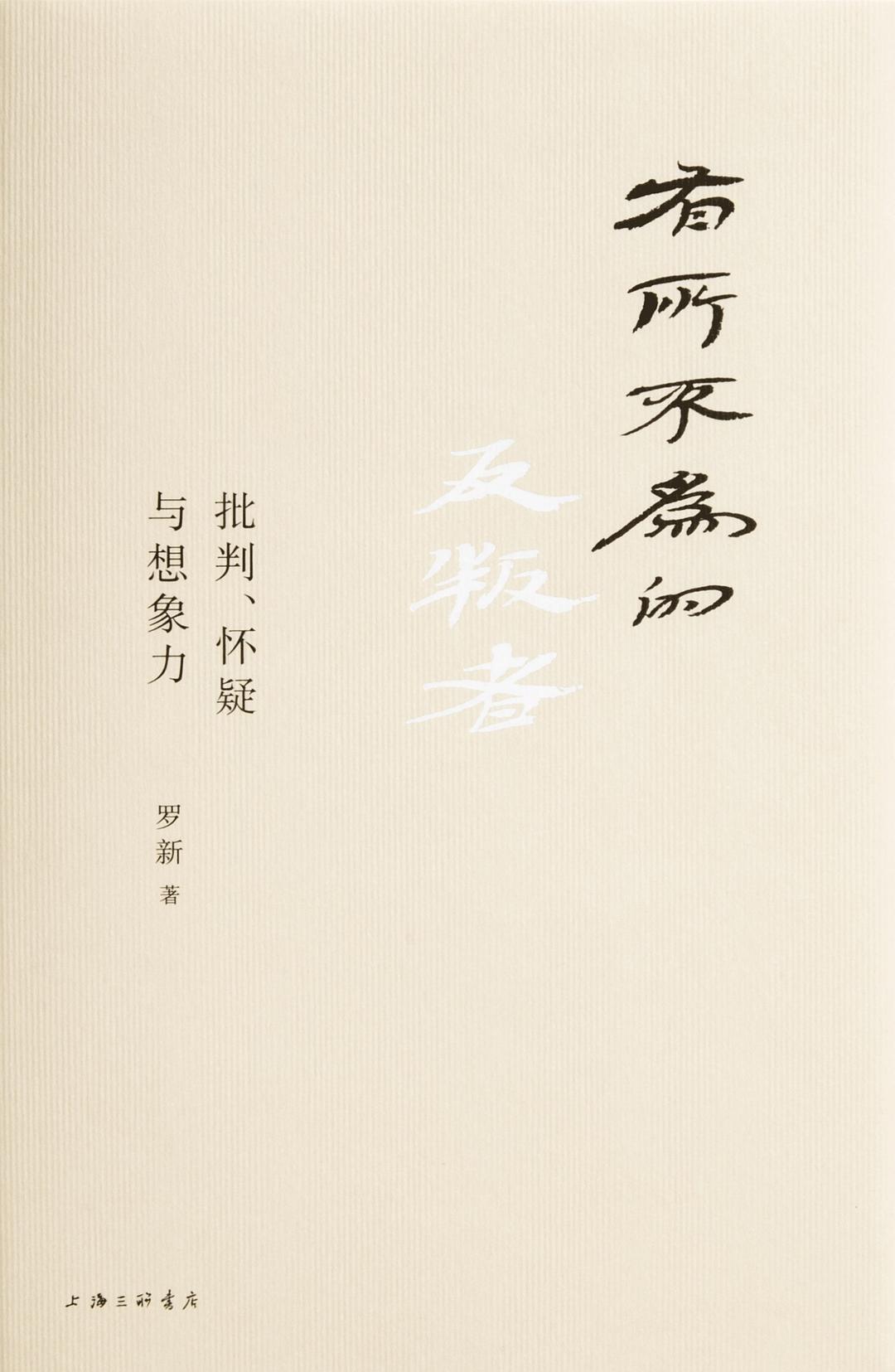
There are both old and new stories in this new collection from Ted Chiang, all of which maintain his consistent standard of excellence. In my opinion his best story is the previously published “The Merchant and the Alchemist’s Gate”. As in “Story of Your Life”, Ted Chiang continues to explore time and free will. To enter into the past and the future is not to change them: “We cannot change either, but we can know both more fully.” This interpretation does not render free will powerless before time; it is free will.
Unlike Luo Xin’s previous book, From Dadu to Shangdu, Restrained Rebels does not have any one unifying theme: the connection is a spirit of rebellion that is hard to pin down. In the book, Luo Xin describes himself: “Twenty years ago, when I was responsible for looking after the freshmen in the history department of Peking University, I submitted a piece to the student magazine Nanshan Stone. It was called ‘Dreaming of Snow on Changping Garden’, and it was mainly about whether it was likely to snow that winter – and what exactly the prospects of snow might have to do with our own efforts. Naturally it helps, when making a prediction for this year, to know whether it snowed last year, or the year before, but there have also been winters past when there was no snow at all. History means something, but it cannot determine the present. What can we do? We can have an opinion, a hope, a preference. Our hopes mean something too. Whether we are hoping for snow determines whether we have played a part in making the snow happen.” This is true. No matter what the outcome may be, we must keep striving for the next snowfall.
==============================
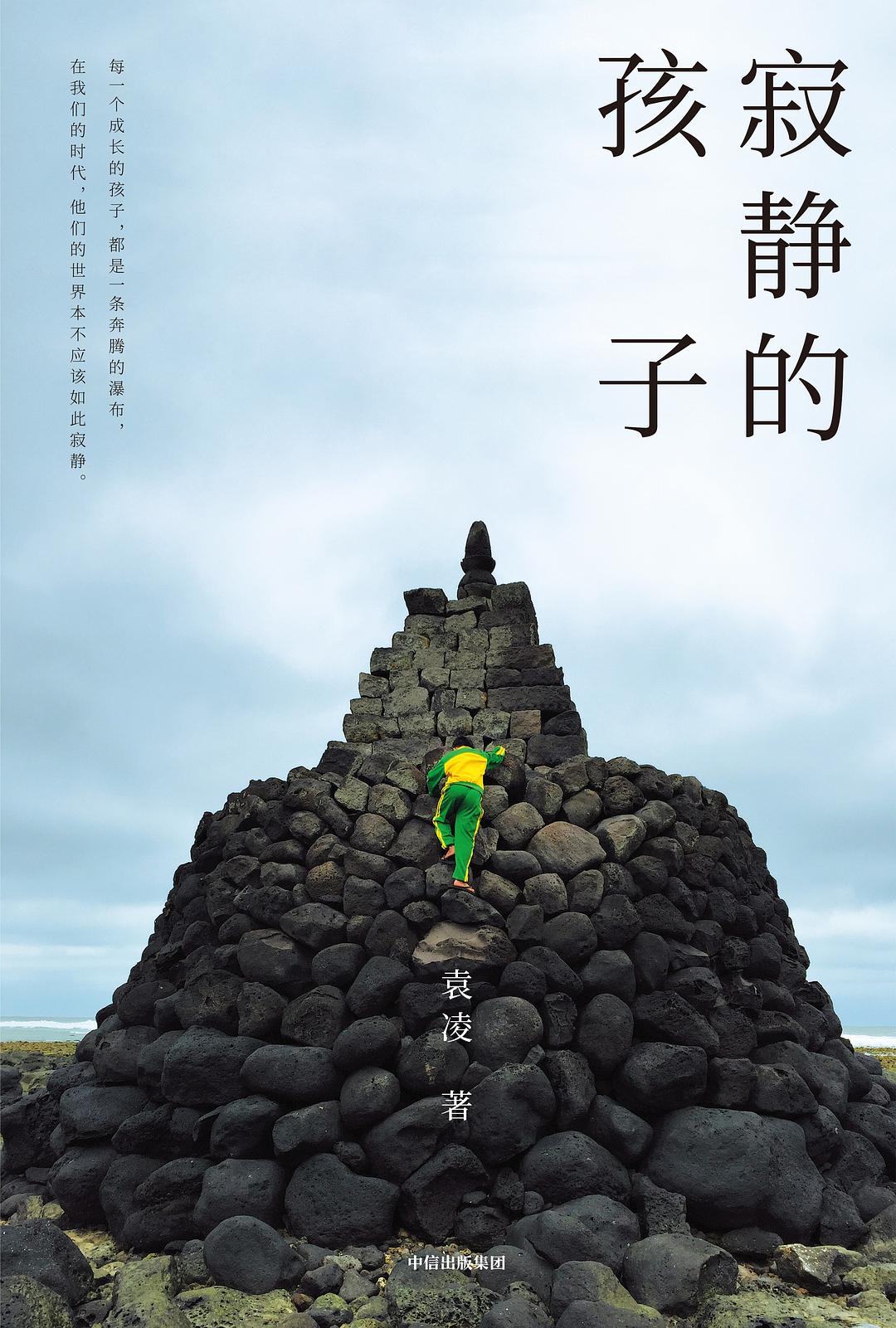
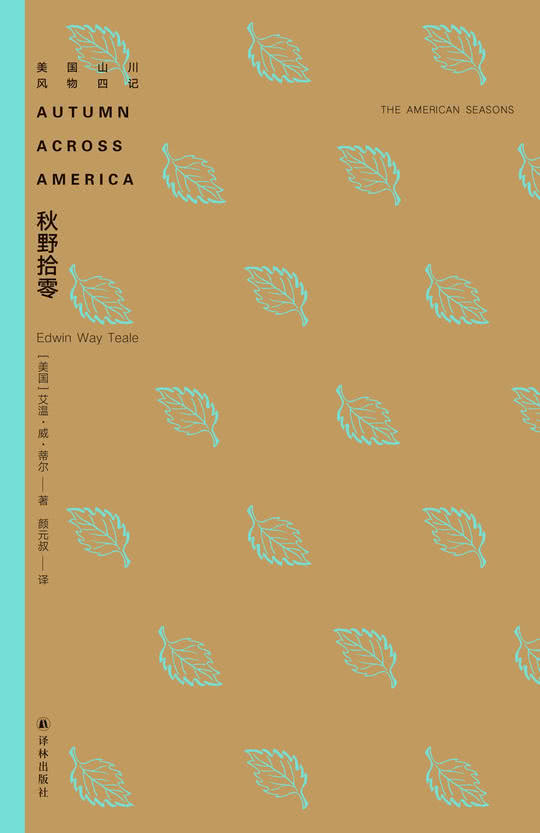
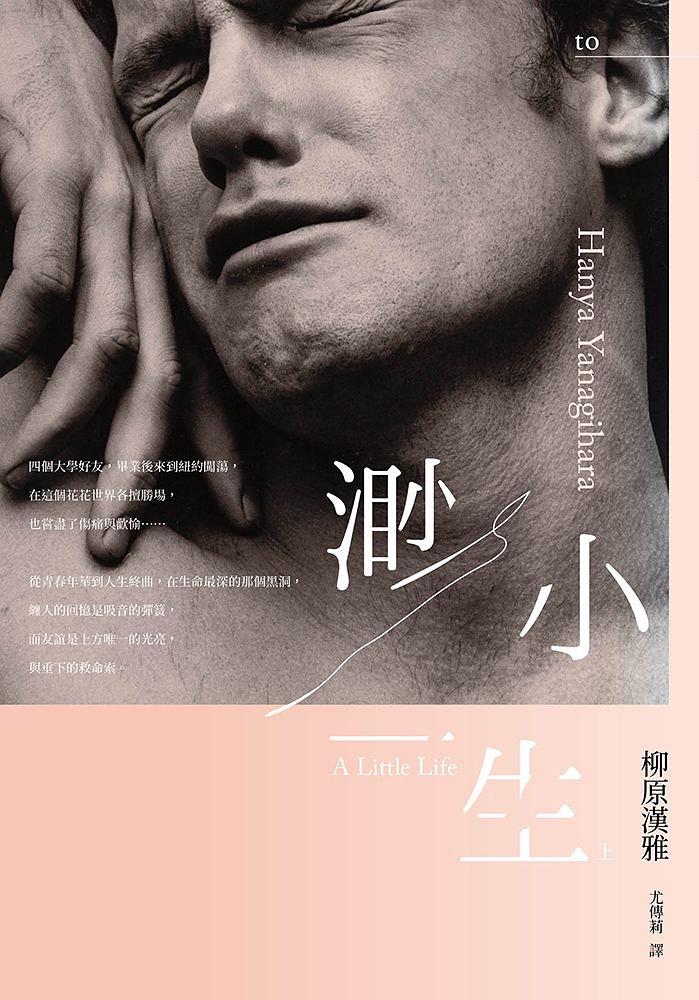
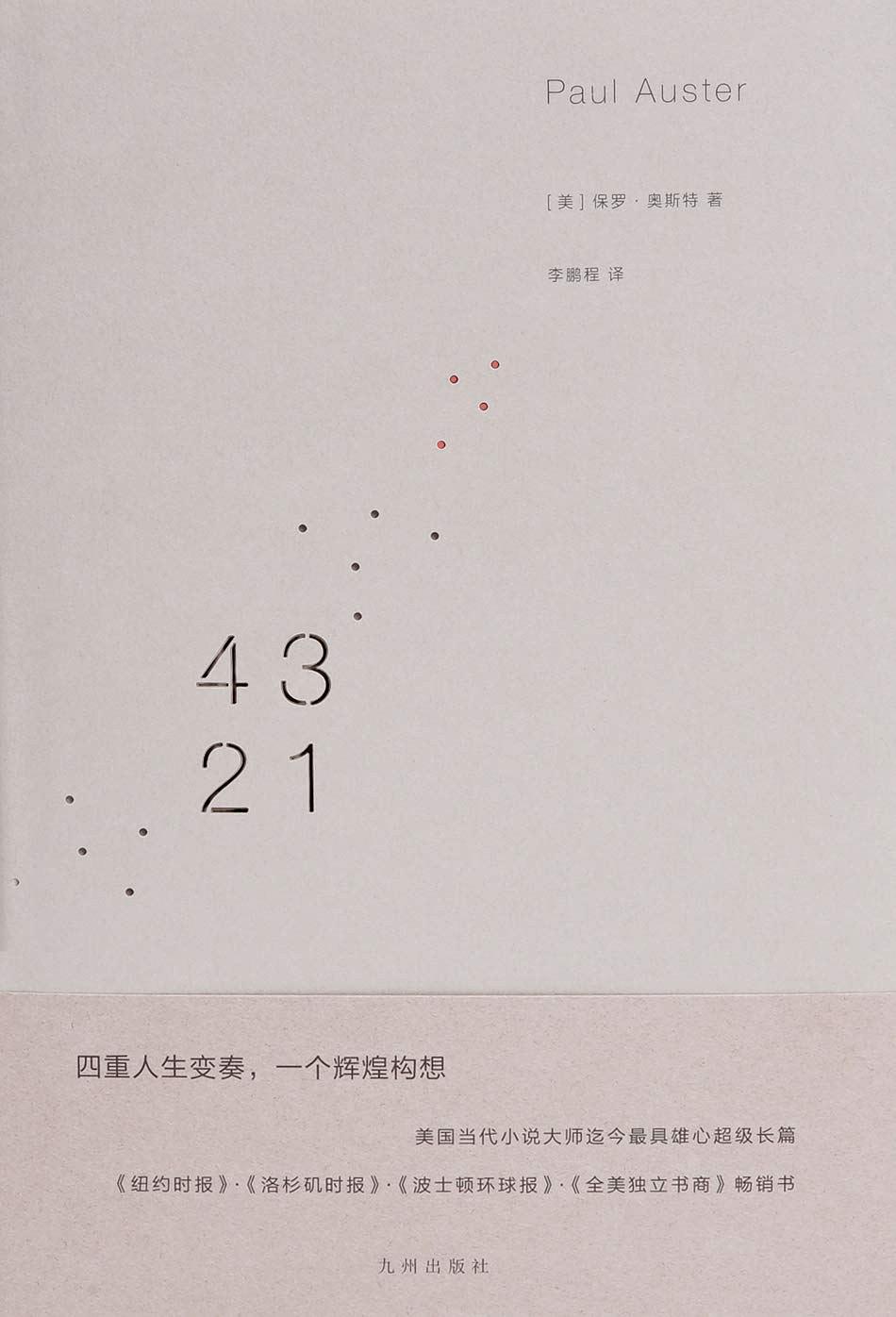
In the four years he spent writing this book, Yuan Ling delved deep into 21 different regions, from cities to distant mountain regions, and interviewed nearly a hundred children, from the lowest strata of society to middle class families. There is a restraint to Yuan Ling’s writing; he pays full attention to the meaning in every child’s individual existence. He listens carefully to their voices, and conveys the hubbub of life and the ubiquitous humidity. In today’s era, the voices of children ought not to be so quiet.
Edwin Way Teale, the American master of nature aesthetics, spent fifteen years travelling seventy-six thousand miles, recording the natural features of the American continent in spring, summer, fall and winter. With plain yet exquisite language, and a naturalist’s sharp senses and elegant writing style, he produced a work of poetic quality that is amongst the most stirring in the history of nature writing.
Over the course of several hundred pages, the past of the protagonist’s seemingly ordinary life is exposed: child abuse, sexual assault, betrayal. The author conjures up a dark reality in the realm of popular literature; reading it, one feels hatred, but compelled to read on.
Over the extreme length of 4321, Paul Auster melds the themes from many of his other works, using a spiral structure to narrate the life stories of four boys named Ferguson in four parallel universes. He also blends in his personal experience of society, literature and politics in the sixties and seventies, evoking an era of tempestuous change.
=========================
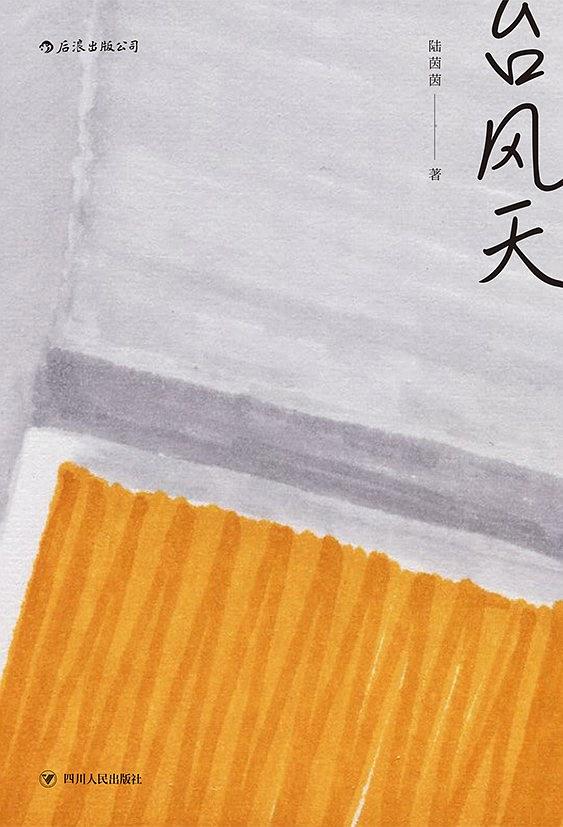
Lu Yinyin writes about ordinary life, but makes it feels as if a typhoon is passing by. The things that are most important to us, like family, have been smashed to bits, but to an outside observer it seems as if everything is fine.
==============================
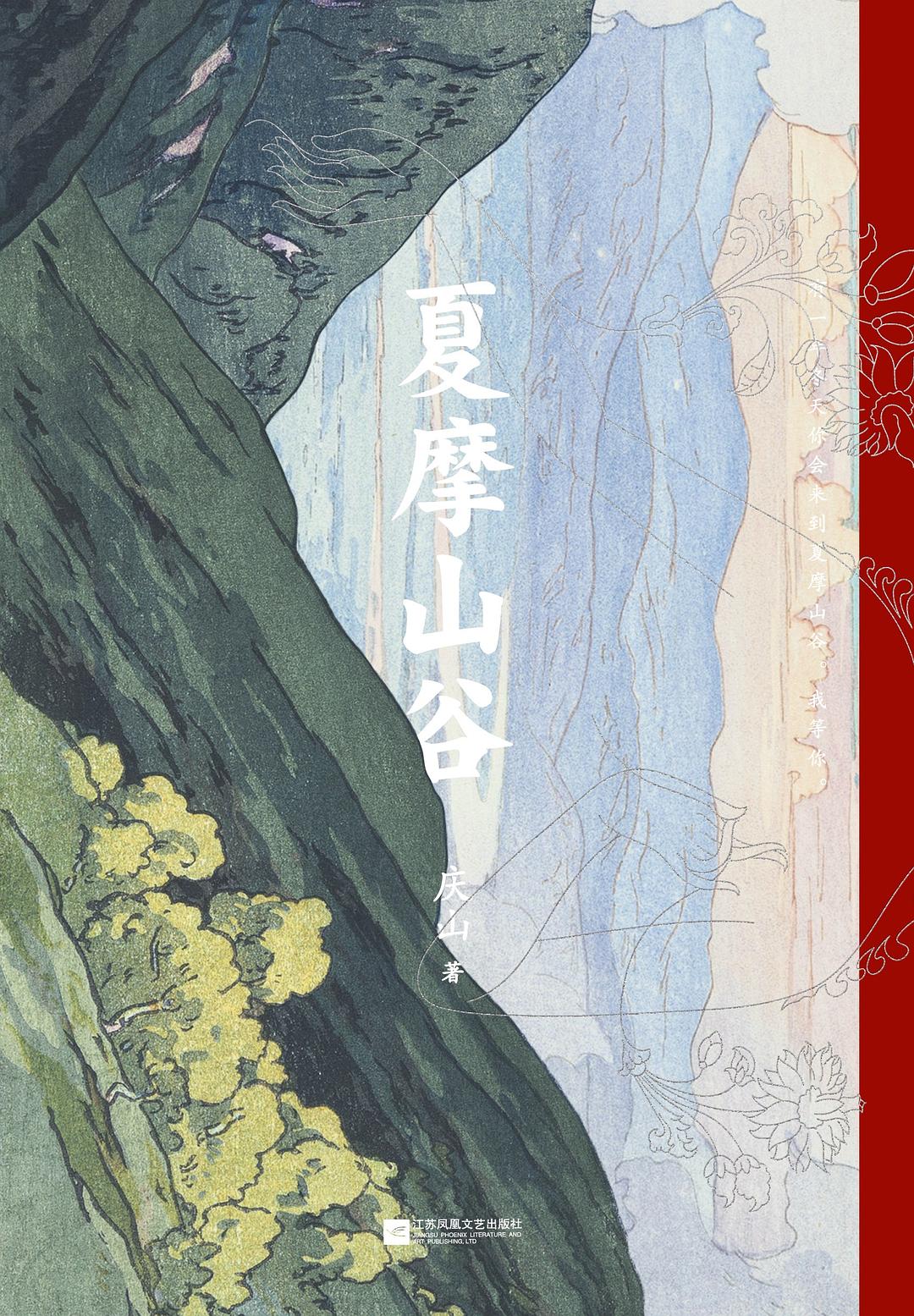
It’s about three women who have their own baggage deciding to visit and live in a valley (whose actual existence remains a question). The three protagonists’ stories are separate but interwoven, and the relationship between them is gradually revealed as the story progresses: they are actually the same person in their different lives. I enjoy this novel because of its interesting structure (that the seemingly paralleled story lines actually happens in different times and are interconnected) and its spiritual exploration of meanings of life and love.
================================
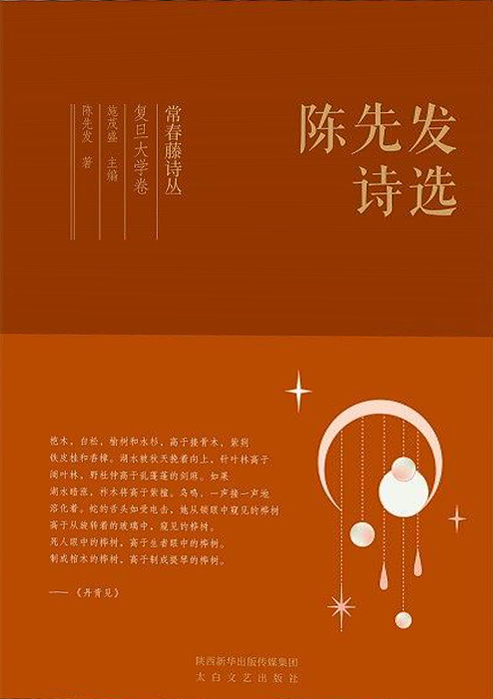
In Chen Xianfa’s Selected Poems, one gets a sense that the writer had no choice: “There are only words… infinite rash words that bled my body dry”. If Chen’s writing could be likened to a runner, it would be a sprinter – the voice seeming to run from the world that created it: “Saints in this era should be malnourished / Oh, but what of their desires”. Chen Xianfa is a poet whose work speaks to the soul of poetry itself: “The tap of falling leaves against my face is like / A warning: if there is only one thing yet to do / Then it is as before—quickly write yourself down”. His is a work of the utmost urgency and originality—a true gift to contemporary Chinese poetry.
(Quotes taken from “Notes on a Hangover on Mazong Mountain” and “Notes on a Mountain Crossing,” all translated by Nell Greenhouse for Spittoon Literary Magazine issue 5.)
===================
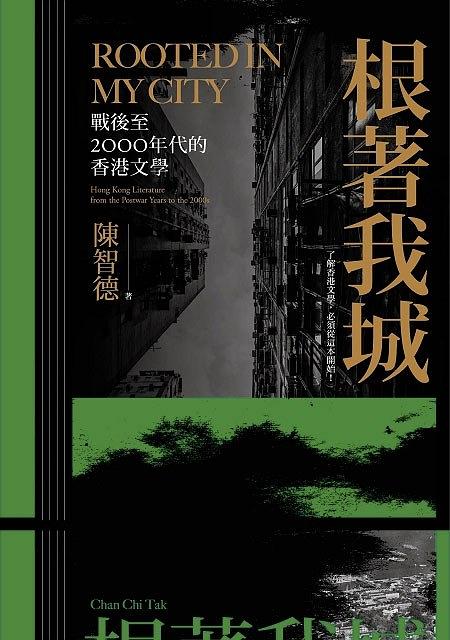
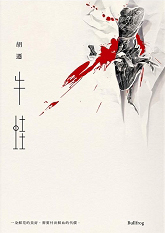
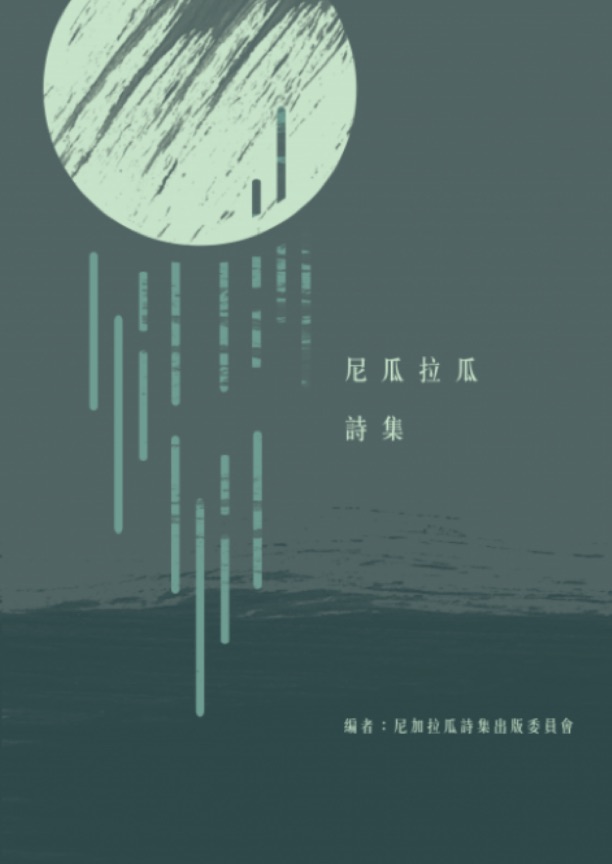
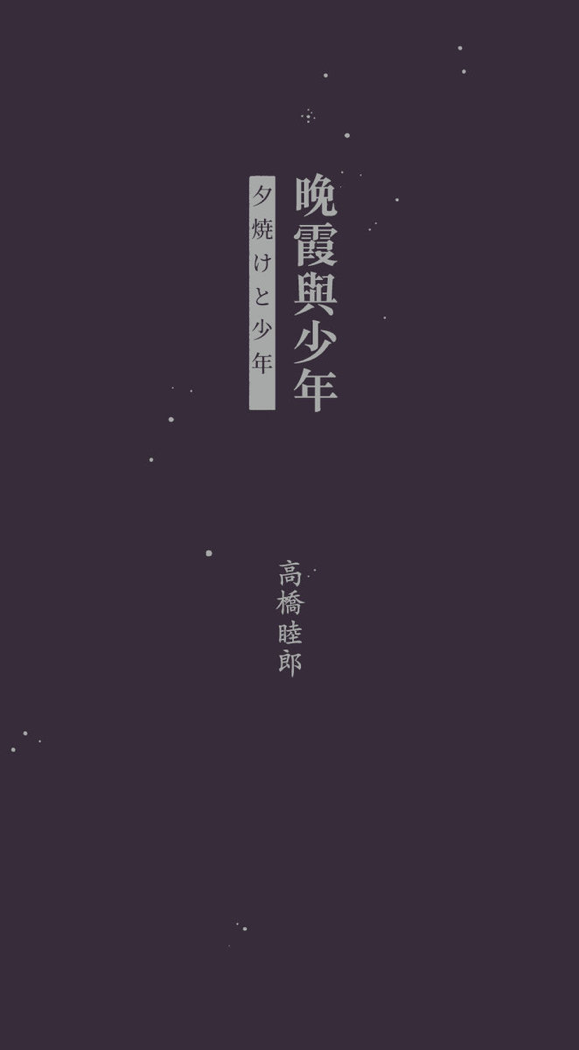
Though not a canonical history of Hong Kong literature, scholar and poet Chan Chi Tak’s monograph provides a thorough critical overview of the Hong Kong poetry, fiction and nonfiction written in Chinese language from post-WW2 to post-handover.
Hu Qian’s posthumously published novel Bullfrog depicts an anguished young man’s nightmarish everyday experience of contemporary Chinese society, which is as surrealistic to grass-root youths as it is ominous to the rising, if not risen, Chinese middle class. The book is also appended with a booklet of Hu Qian’s poems of equal quality printed in the handwritten font.
Chinese worker poets in Hong Kong had been raising funds for more than ten years in order to publish this book. The poems were originally written by Nicaraguan people after the dictatorship ended in 1979. According to the editors, the first poem in the book can be read a poetic “declaration of liberty against the United States’ intervention to Nicaraguan domestic political affairs.”
Dusk Glow and the Youth is a selection of poems written by prominent Japanese poet Mutsuo Takahashi and translated into Chinese by Tian Yuan and Liu Muyang. This is the ninth volume of the International Poets in Hong Kong bilingual series, created by Bei Dao in 2010. With this volume published, Takahashi arrived in this turbulent summer of Hong Kong and had a meaningful exchange with local poets to discuss the relationship between poetry and society.
=============================
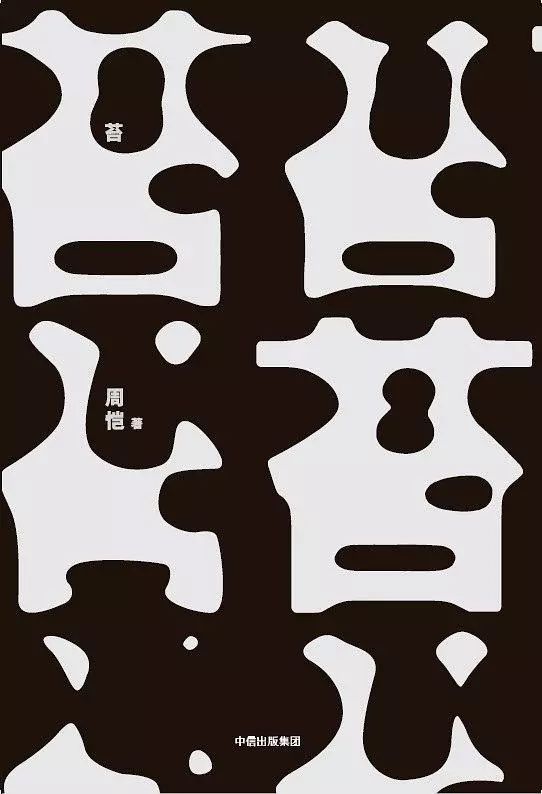
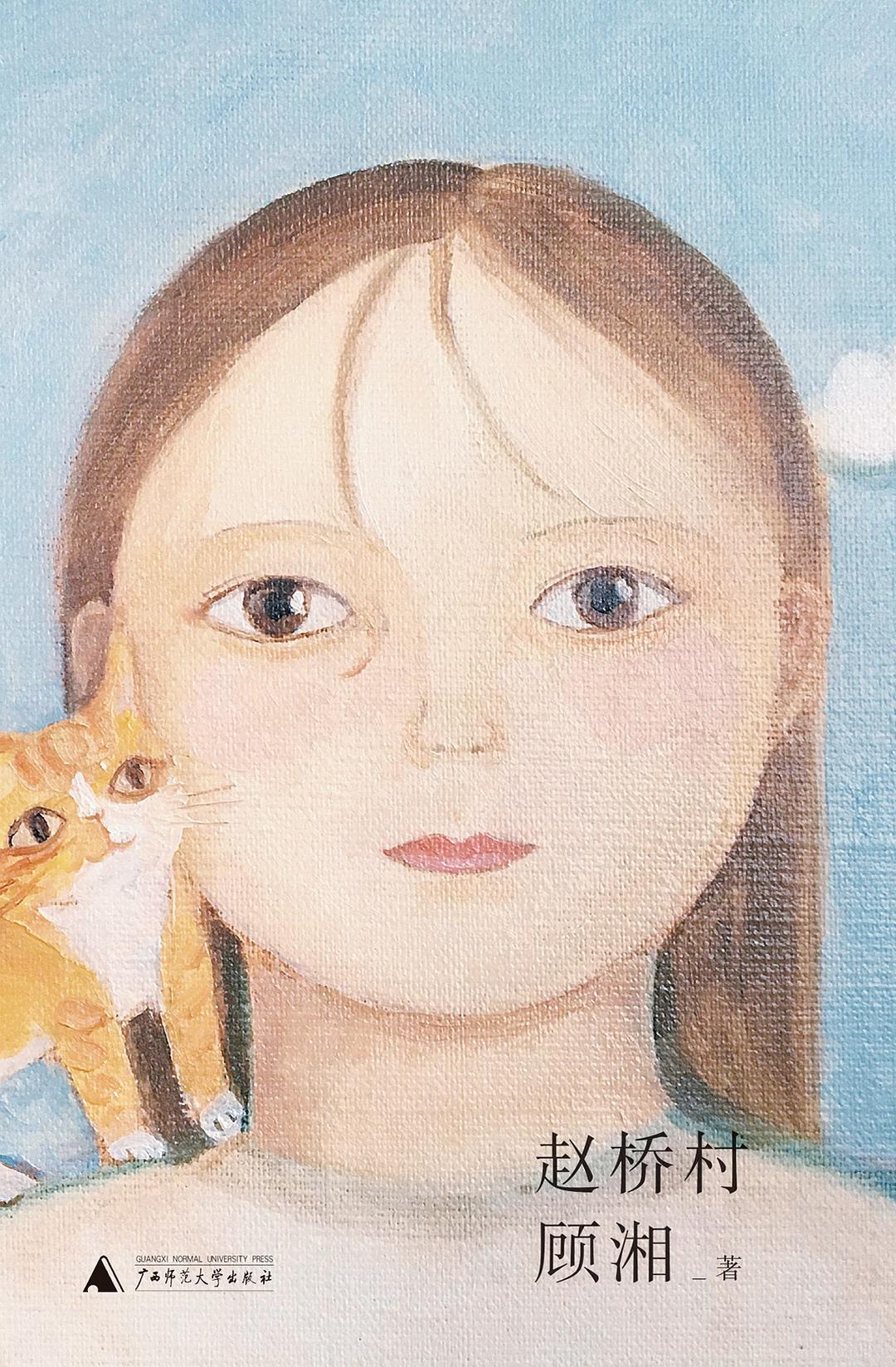
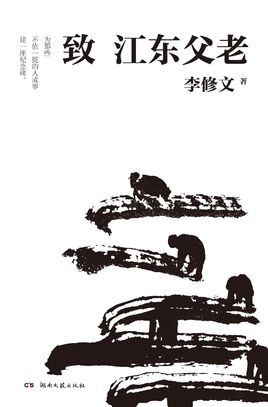
This work proves Zhou Kai’s talent, but there is more to his style than that. The fact that this is his first novel is astonishing. As well as his skilled use of the Leshan dialect and the fine texture of his sentences, the narration is unlike any other in fiction. At a time when the homogeneity of the novel is a serious problem, this very different novel merits more attention.
Zhaoqiao Village is a place name – I find it very easy to misread it as Zhaozhouqiao (赵州桥). This is a non-fiction work of intimidating intelligence, crafted with patience.
Every page of this volume is to be savoured; every essay is brilliant. There is substance as well as a conversational quality to these slowly accreted stories. I knew Li Xiuwen from his fiction, many years back, and the unexpected appearance of this essay collection speaks to the ups and downs of the author‘s experience. But there is more to it than just experience and calm observation – there is also a kernel of sorrow. After the last page one is left in deep contemplation.
READ LI XIUWEN ON READ PAPER REPUBLIC
===============================
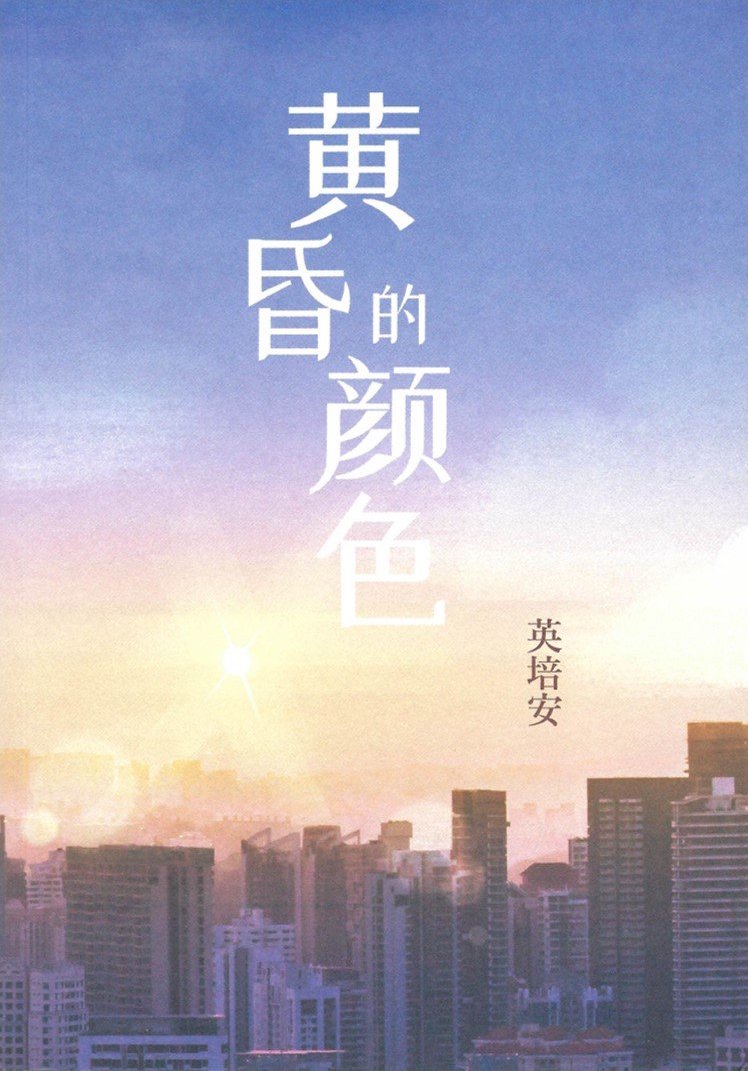
Yeng is one of Singapore’s finest sinophone novelists, and The Colour of Twilight is the work of a writer at the height of his powers stepping back and taking stock. His protagonist He Mingwei (which, as more than one character points out, sounds like “Hemingway”) has had a long and distinguished literary career, but now in his seventies, is questioning what he’s actually accomplished. A moving, elliptical story of a literary life at the margins.
================================
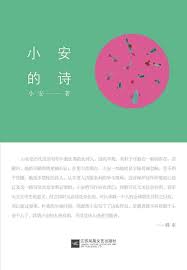
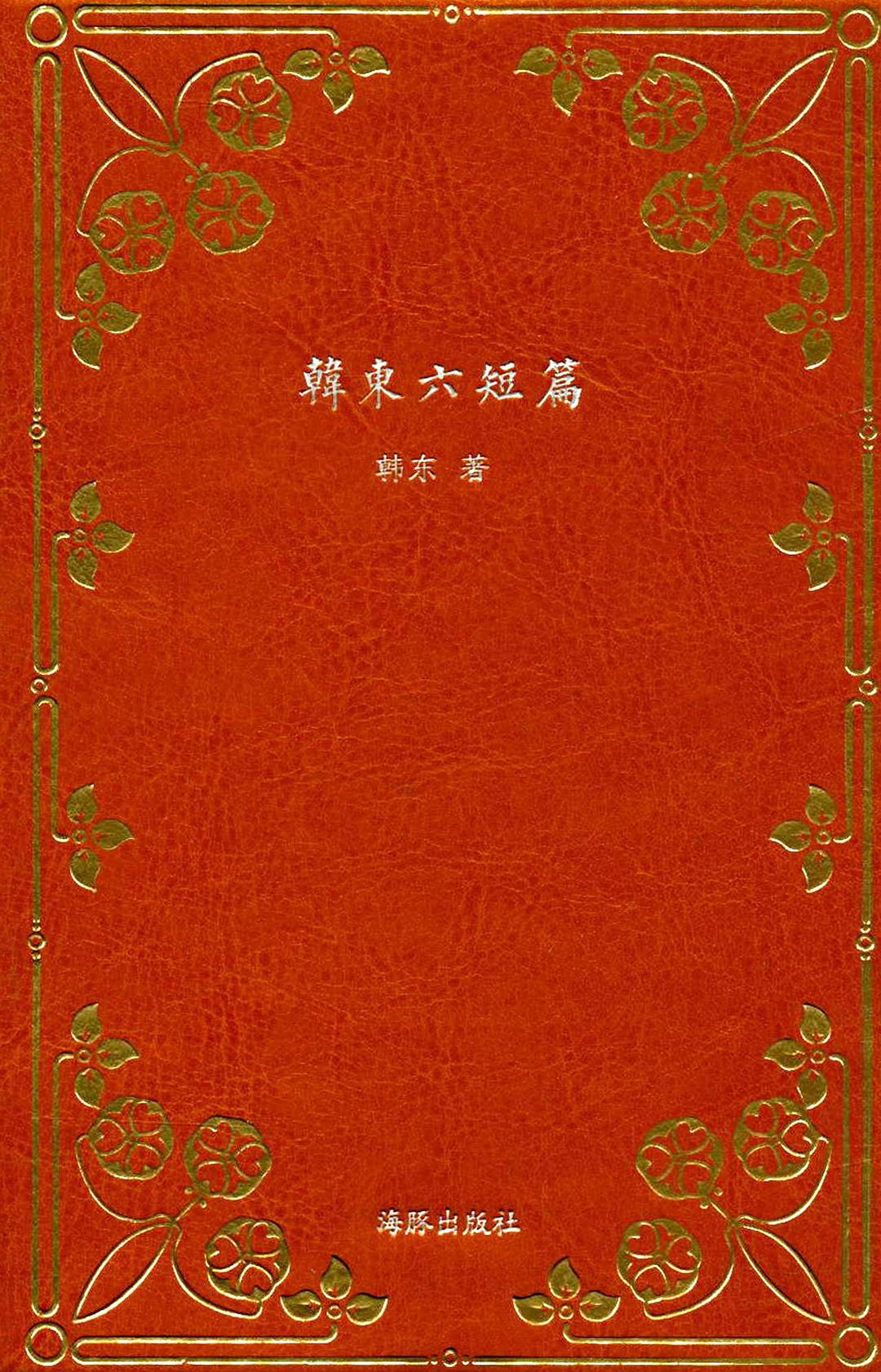
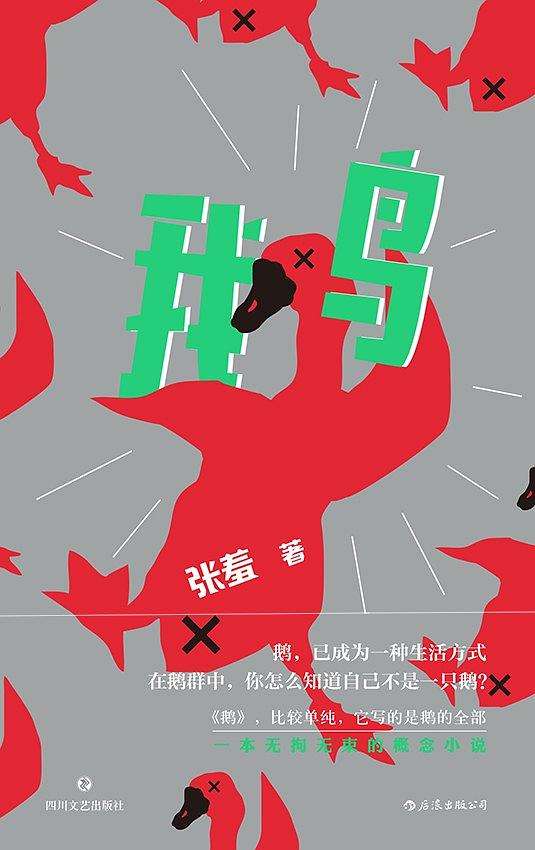
My own poems. The ancients say that it is distinguished to avoid overlooking oneself when lauding literature. So I recommend myself. This is a poetry collection covering thirty years of writing. Some of the poems are excellent, and some are like grit pressing against your neurons. It‘ll make you think writing poetry is simple, and you can keep it beside your pillow.
Fiction. Six short stories. I like the cover, with the gold border – it has a nice antique feel. Whether it’s poetry, fiction, essays, Han Dong’s work is always the very best – a master three times over, you could say. I regularly read his books. There‘s no need for me to say anything more about the language, story and structure in this book. Six stories, each of them sparkling – this volume gleams when you flick through the pages. You can finish it in one sitting, or leave it by your pillow to keep coming back to.
This is a treasure of a novel. I think the author, Zhang Xiu, is something of an eccentric – a true genius, at the peak of his powers in poetry, fiction, and design. Especially poetry and fiction. It’s said that this kind of writing doesn’t presently exist amongst the literati of China. You have to be completely committed to this book in order to read it to the end, bit by bit. If you can read it one go, you‘re a very proficient reader. I think Zhang Xiu’s language has a metaphoric quality that puts me in mind of Zhuangzi.
============================



This book, the product of Zhou Kai’s copious reading, his arduous journey, and his compassionate heart, tells a contemporary audience about a family tale that has dissolved into the mists of history.
It is said that in Leshan, Sichuan, during the latter years of the Qing dynasty, there was a rich merchant named Li Pufu. Despite his many wives and concubines, he did not have a single male heir. After a chance encounter with a pair of twins born to a mulberry farmer, he adopted one of them and named him Li Shijing. The other twin brother was named Liu Taiqing, and from then on their lives took them in dramatically different directions.
Their stories form the main threads of this novel, which reconstructs life in the Shu state of a century ago: the teahouses, the dye-works, the restaurants, the taverns, the brothels… it brims with the redolence of town life. Gangsters, bandits, compradors, haulers – all manner of misfit, renegade characters. Reading this book is like sitting in a teahouse, listening to the chatter around you – endlessly complex, and impossible to distinguish truth from falsehood.
This volume collects 309 poems by Xiao An, written up to the end of 2018. It is divided into three parts: “Watching the Moon Rise, Alone”; “The Mortal World” and “Over the Horizon”. These include some of her most famous poems, such as “We Came to Write Poetry” and “The Woman Who Plants Tobacco”, as well as new works that are published here for the first time. Until a complete collection of Xiao An’s work becomes available, this is the best showcase of her forty years of creativity, and the metamorphosis and development of this “Third Era” poet between the eighties and now. This is an exemplary collection of contemporary poetry.
Goose is the new book from Zhang Xiu, a poet and novelist of the 70s generation. A novel that knows no conceptual constraints. Goose is a novel of purity: it describes the entirety of a goose.
================================
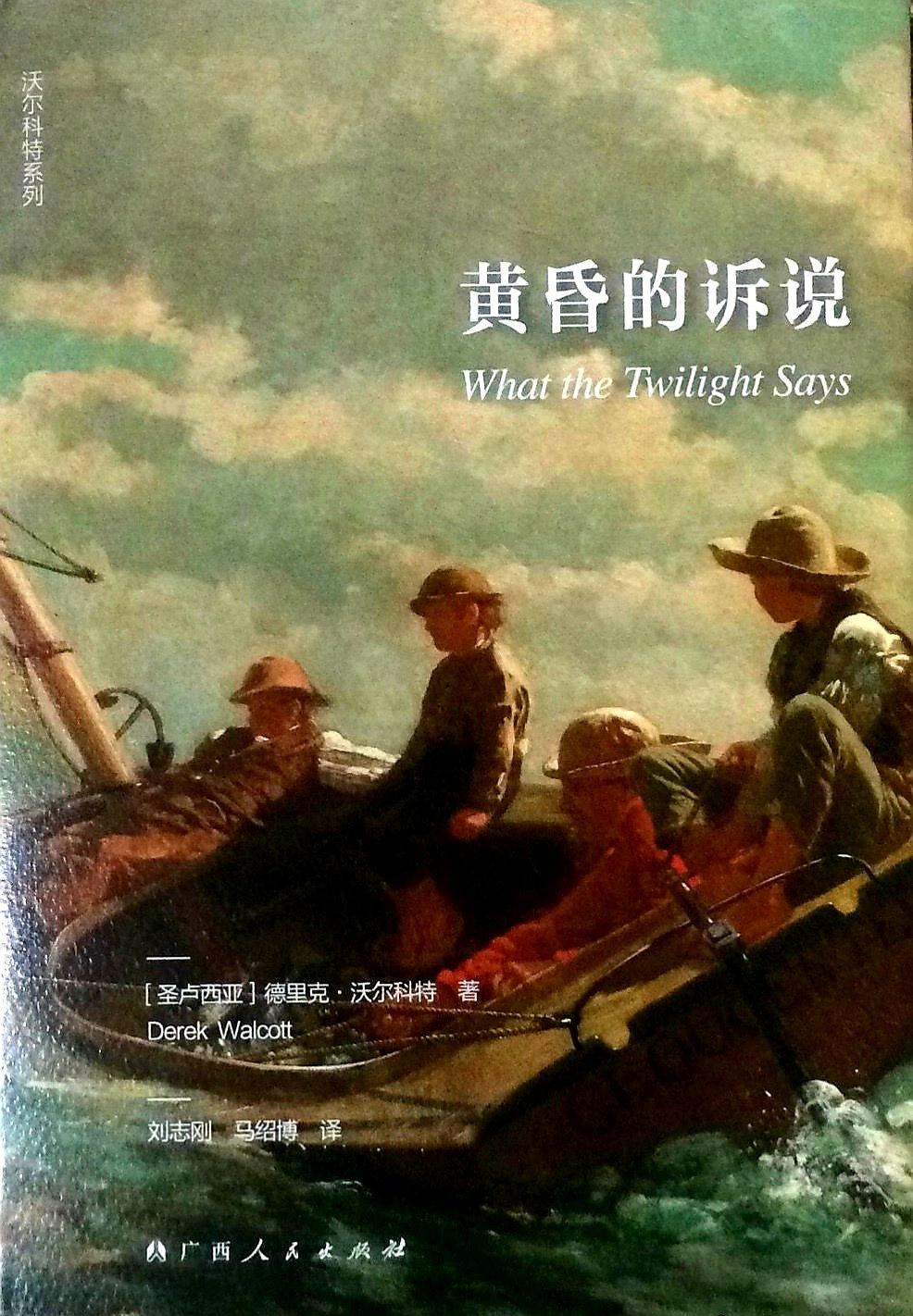
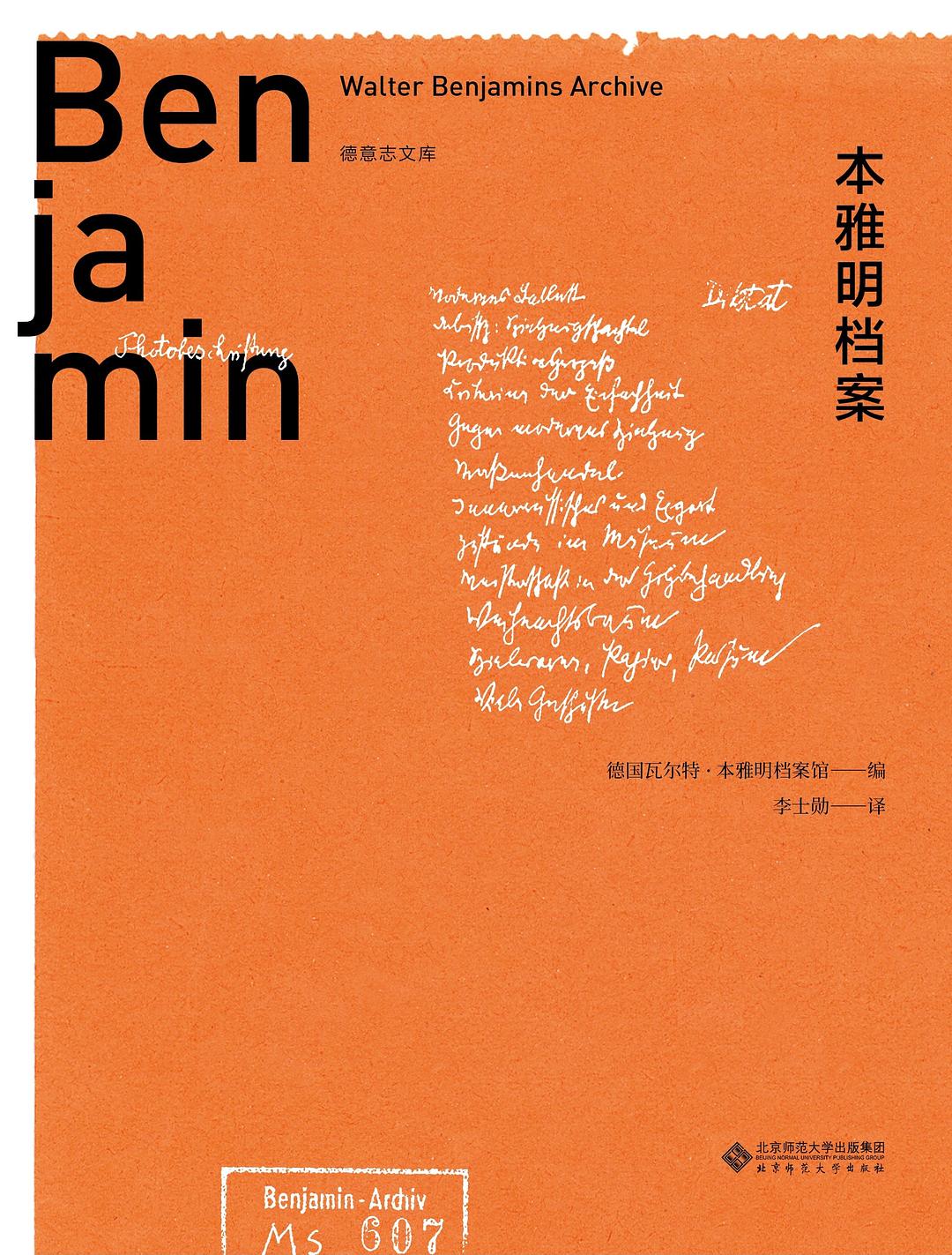
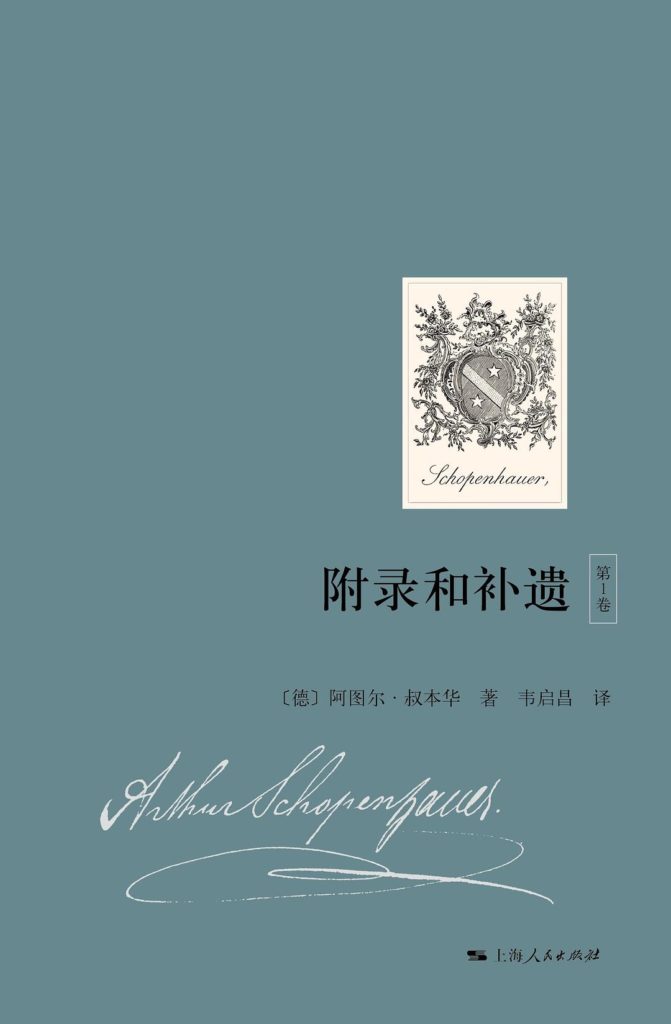
Walcott is well aware that no one’s literary exertions can guarantee that brilliance will not ultimately be followed by failure. This is the fate of the author: no matter how hard one tries, the effort is futile when the spark is gone – it is a prerequisite in fact, without which it would be impossible to construct any world of thought and imagination. If you only read these essays, they will be enough for you to understand why Walcott merits his standing as a poet.
This volume allows you to get a real feel for Benjamin’s everyday life, and prompts you to imagine the process by which he wrote his books. These precious illustrations and samples of Benjamin’s handwriting allow you to feel the rhythm of his breath and thought. Benjamin had the foresight to preserve all his files; this act, in itself, is like another component of his creation, and the actual words of the archive allow you to sense how they came to life in his work.
This is a book that Schopenhauer devotees in China have been awaiting for a long time. An ideological echo of The World as Will and Representation, the greatest difference being that this is a work from Schopenhauer’s serene later period; here he seems more like a sage from Ancient Greece, an ember without flame, allowing for a calmer understanding of what thought entails.
================================

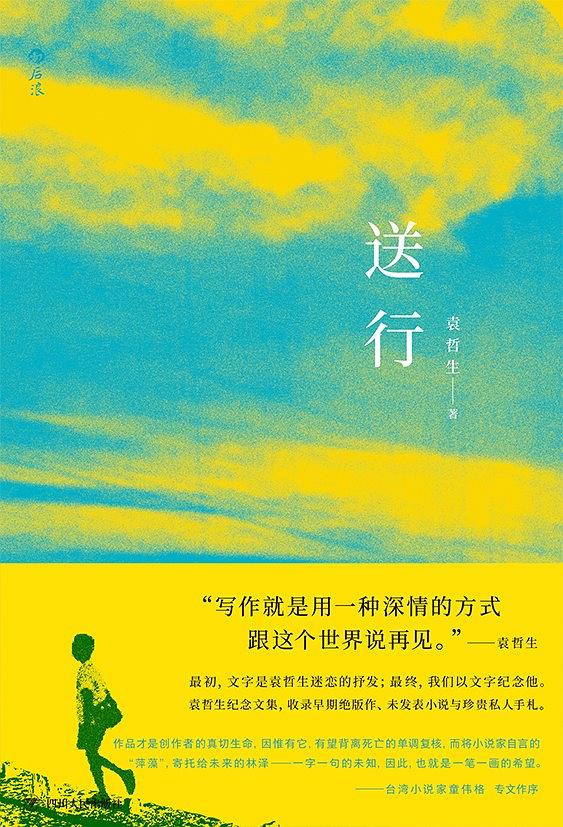

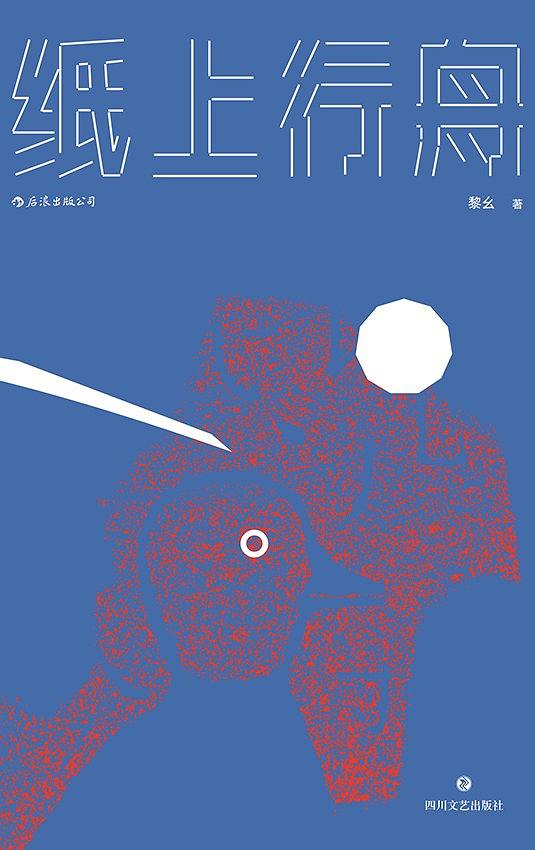
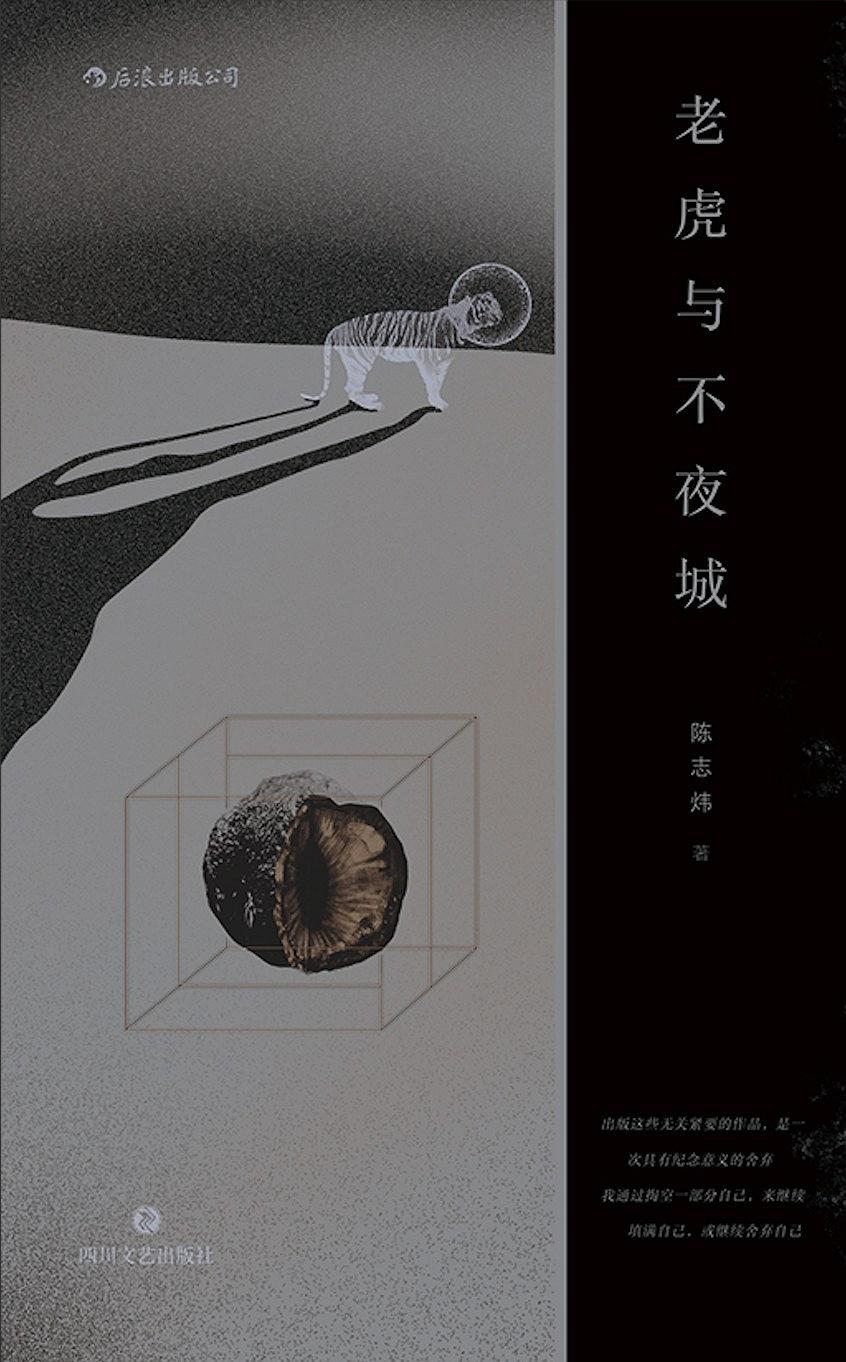
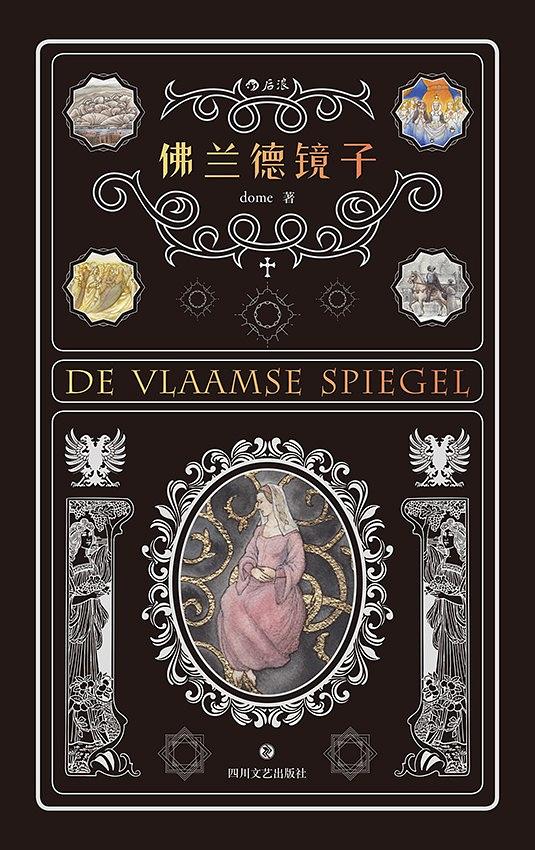
The destiny of a family is unfathomable; four generations run and scatter, but death has been there all along. This novel is an outpouring; Tong Weiger‘s graceful, poetic language and multiple shifts in perspectives will compel everyone to remember, to imagine, to dream, to write. In fragments of narration resembling sleep talk, departed souls return and the landscape shifts from mountain village to lonely island. Time drifts calmly back and forth, and a vague sense of stagnation permeates the lines. The story never ends; the book resembles a scroll, or a Mobius strip. Within this novel circulates every kind of memory and pain, and even fate and death.
A commemorative collection of Yuan Che-sheng‘s work, including early works that had gone out of print, previously unpublished fiction, and personal letters. In Send-Off we can witness the birth of a truly great author.
In a crowd of geese, how do you know you are not a goose? This is a novel that is conceptually unrestrained.
An emergence that defies reason or explanation.
A command of structure that seems almost to have benefited from some supernatural assistance.
This debut collection from the young writer Li Yao is about the constant struggle between words and silence, and the joy and sorrow of one who peers into the self.
This is a short story collection that transcends genre! “Sentences turn like wings, drawing the reader into unfamiliar territory to glimpse an industrial steam, evanescent and paradoxical.” Rich in thought and equivocation, a book ten years in the writing is now available for the first time.
On October 5th, 1940, Nazi Germany invades Belgium. On August 31st, the Liège-Ostend night train sets off. On that train, a passenger carrying an oil painting from the Middle Ages encounters a historian, and the conversation between the two eventually leaves the present moment behind for a tale from long ago: Don Diego‘s expedition for the New World, a monastery with the name “Red”, a restless heart, a romance shaped by the time of the Credo, and a Flemish painter who could not distinguish dream from reality… the multiple layers of the story unfold from their conversation, like an infinity of mirrors that reveals the abyss of history and the quintessence of love.
